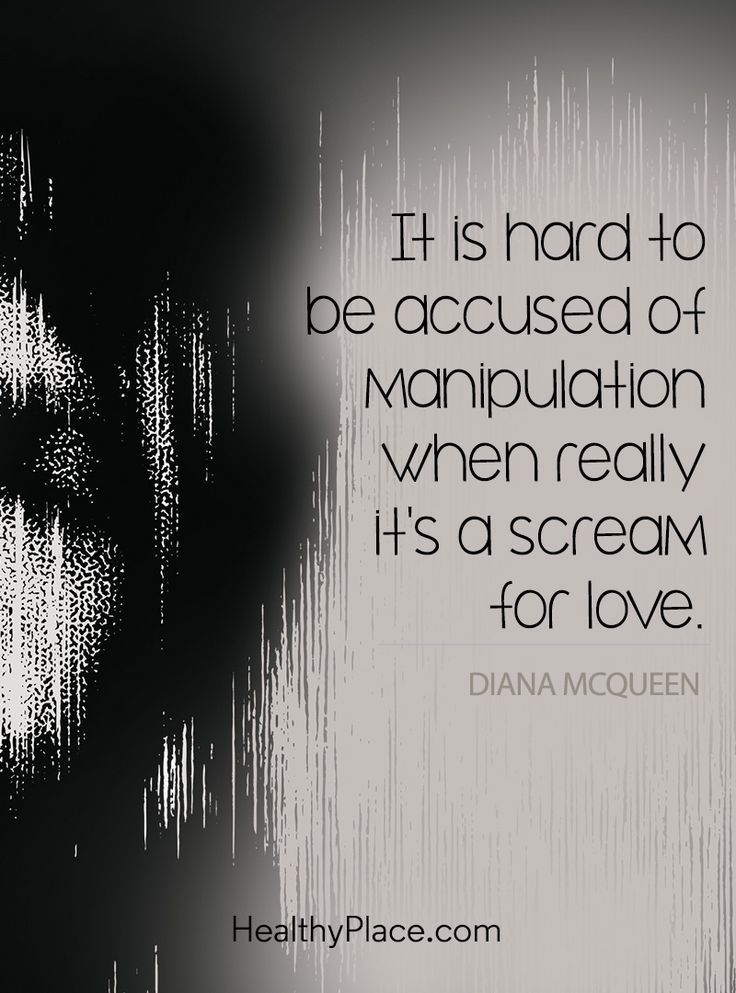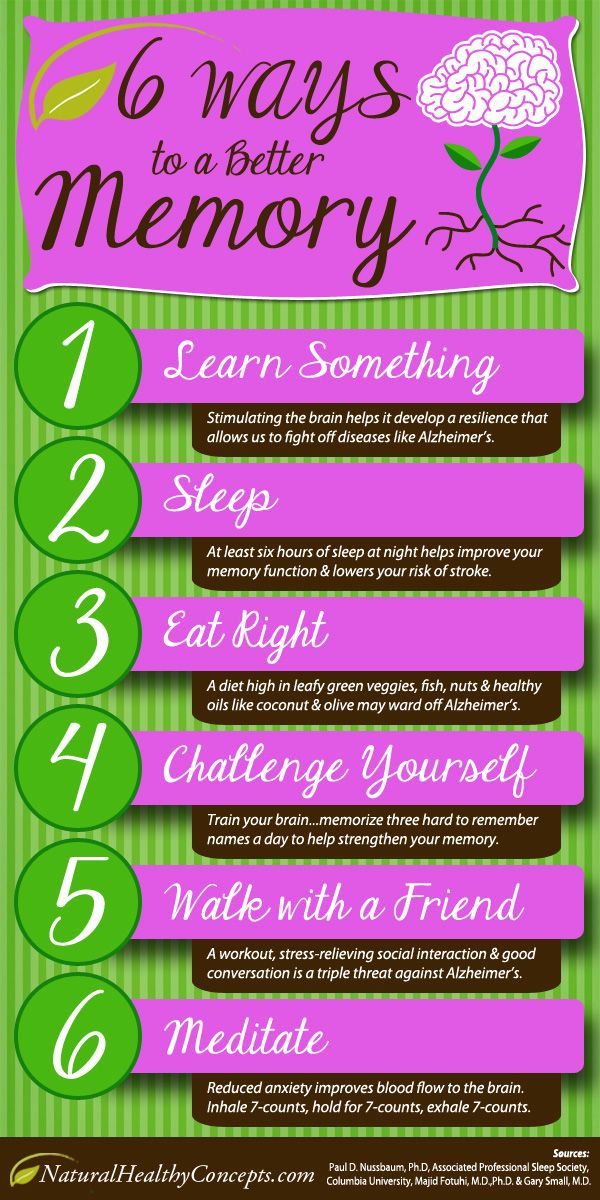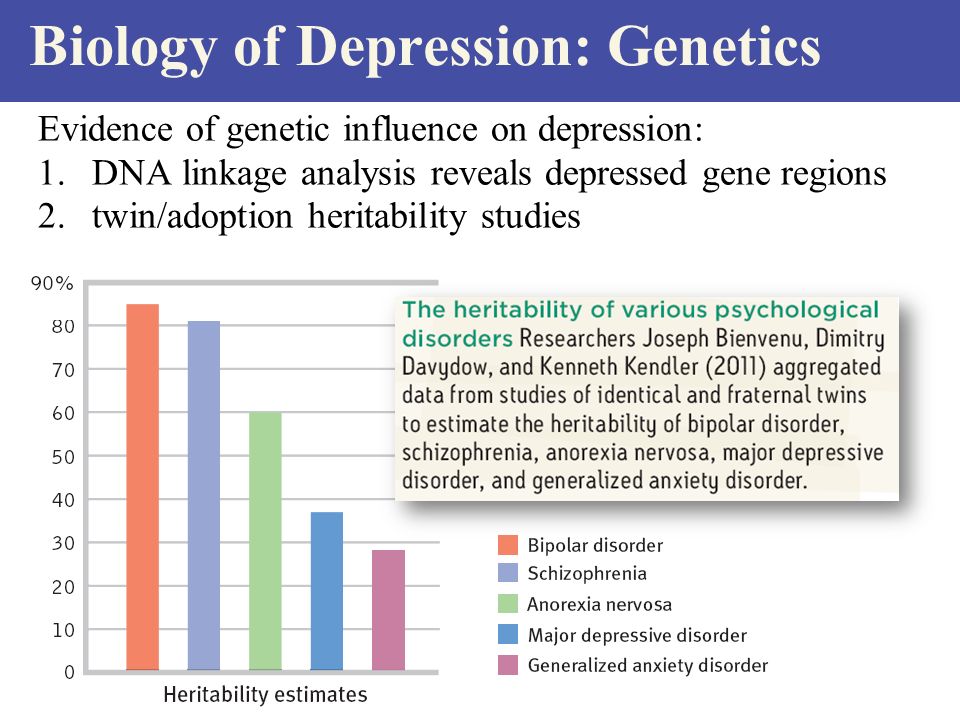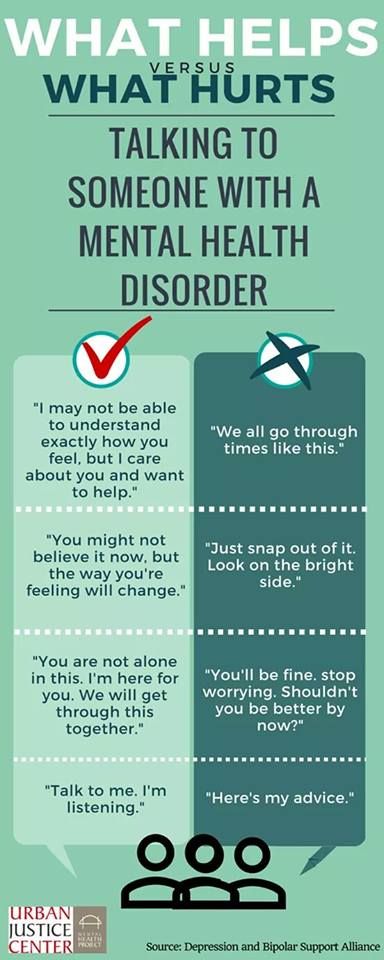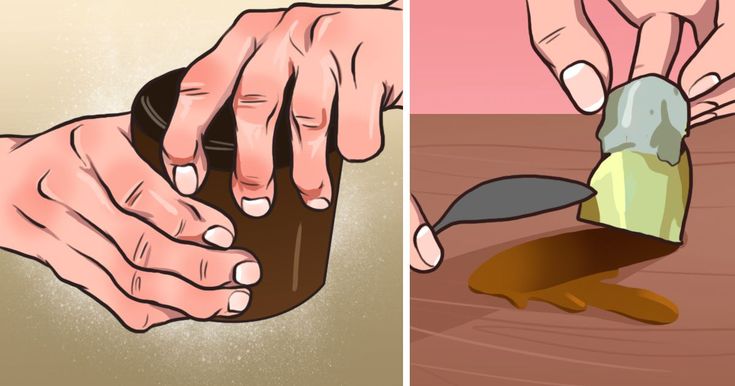Borderline personality disorder accusations
Responding to “Borderline” Provocations Part IV
This is Part IV of an ongoing series of posts. Before reading this one, particularly if you are going to try this at home with a real adult family member with borderline personality disorder (BPD) (which is not recommended without the help of a therapist), please read Part I, Part II, and Part III. In this post, I will begin to run down specific countermeasures to the usual strategies in the BPD bag of tricks used to distance and/or invalidate you, as well as to make you feel anxiously helpless, anxiously guilty, or hostile. The ultimate loser resulting from their doing these things is them, by the way, not you. That's the point.
When people with BPD try to distance you (again refer to my
Distancing: Early Warning post), you can use the momentum generated by their attempt to push you away to actually move closer to them in the emotional sense. The idea is a bit like the philosophy of Judo, in which the momentum of an attack on you is converted into something used against the other person—with one exciting exception (apologies to C&R Clothiers, boomer fans in LA). In responding to those with BPD, the goal is for both sides to win.
A reminder from part III: Tone of voice is crucial. You can use the same, and exactly the right words and sound as if you are indeed feeling helpless, guilty or hostile—or you can sound like you are at peace with yourself and with your own limitations.
BPD provocation #1: Exaggerated over-generalizations and wild accusations.
A high proportion of people with BPD often make overly dramatic, hyperbolic statements or accuse you of having ulterior motives for whatever you are doing or saying. When they do this, what they are in fact doing is literally inviting you to invalidate them.
What is going on here is that, since people with BPD have usually been invalidated on a recurring basis by their family of origin, they respond by making it easy for those people to continue to invalidate them. They sacrifice themselves to their kin group. And they will often enlist outsiders to practice this—especially lovers and mental health professionals, but even innocent bystanders when those bystanders try to be helpful.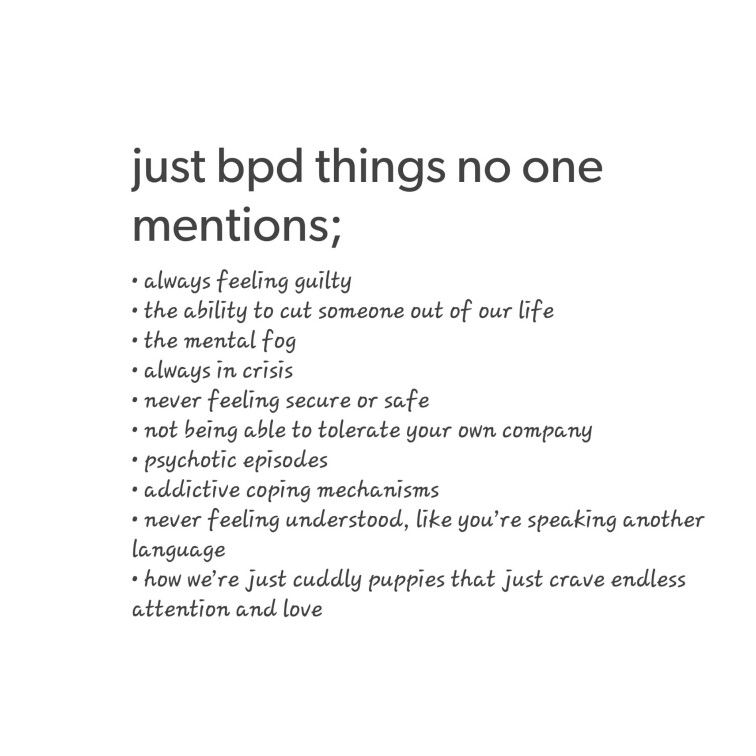 So I’m talking to you, folks interested in this subject for other than professional purposes.
So I’m talking to you, folks interested in this subject for other than professional purposes.
I know it is hard to believe that they have an altruistic motive for behaving the way they do. They will not usually admit to it, and if they do it will be in a disguised and very subtle manner so you will likely misunderstand what they are saying. I have explained the biological reasons why we are all willing to sacrifice ourselves to our kin group in an earlier post, and go into greater detail in two books, How Dysfunctional Families Spur Mental Disorders (written for the lay public), and A Family Systems Approach to Individual Psychotherapy (written for therapists). Full disclosure: Most people in the mental health field do not agree with this idea.
In countering this ploy, the idea is to resist the invitation to invalidate them without agreeing to all the exaggerated histrionics or without agreeing that you are some kind of schmuck. Remember,
disagreement and invalidation are not the same thing.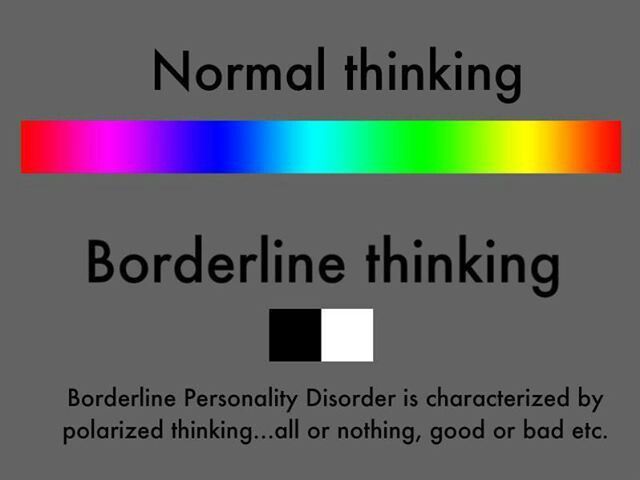
The key: No matter how awful or crazy-sounding what they say is, there is always a kernel of truth in it. Always. No matter how small.
The countermeasure, taught to me by the best professor in my psychiatry residency training program, Rodney Burgoyne, is therefore to validate the kernel of truth in the statement and simply ignore all the exaggeration as well as any negative implications.
Let's start with hyperbole or exaggeration. My favorite statement of this sort of all time is "Life is a s**t sandwich, and you have to either eat it or die!" (No, I did not make this up; a patient actually said that to me).
Eeewwww! The temptation here is to reassure the person who says this that things can not possibly be that bad. Wrong move. Things certainly can be that bad, and especially for someone with BPD, they often are that bad. Trust me, anyone with BPD is frequently quite miserable for a variety of very valid reasons. The empathic, kernel-of-truth containing counterstatement should therefore be something like, "It sure sounds like you've been having a pretty bad time of it.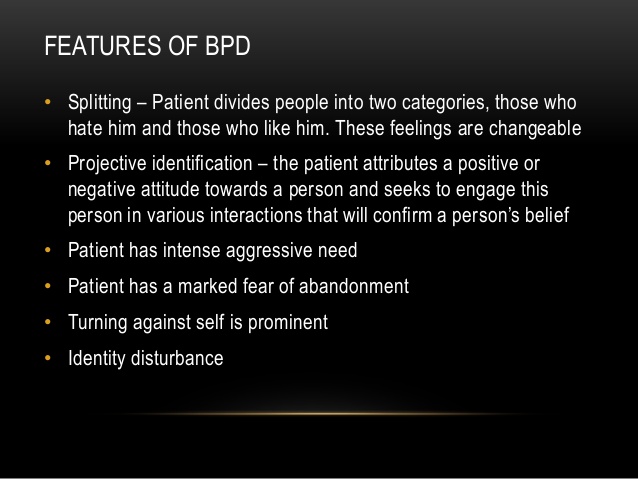 " Just ignore the implication that life is always terrible.
" Just ignore the implication that life is always terrible.
Or how about, "Why should I go to a therapist? They're only in it for the money!" I used to hear that as an accusation as in, "You don't care about me, you're only in it for the money!" I could get all defensive-sounding and say, "Well you know, this is how I make my living!" or I can say very matter-of-factly, "Well, as you already know, this is how I make my living."
Personally, I always thought it was better for a patient to have a highly paid professional therapist rather than an amateur. The amateur would be too busy out making a living to have much time to devote to the patient's therapy and learning how to be a good therapist. As if a patient with BPD were not already aware of this fact. You get the idea, though. If you want the person to get help, you say pretty much the same thing I said in the preceding paragraph using the third person—
without the elaboration/explanation I just provided in this paragraph.
This brings me to another tip. You get to be a little like Mary Poppins here, and almost never need to explain yourself when anyone with half a brain can figure the explanation out all by themselves. As we shall see in a later post on lecturing, if you treat someone with BPD like an idiot who lacks this capacity, they will continue to act like an idiot. Why? Because calling someone an idiot is an insult, and insults indicate hostility. Overt hostility is one of the three reactions borderline provocations draw for.
Another frequently heard, highly exaggerated accusation by people with BPD is one that is very hard to find some way to validate: "You don't really care about me." After all, how can you ever really prove that you care about someone? You could argue until the cows come home and you will still leave grave doubts. In truth, there is literally no way to prove it.
So why bother to argue the point? Besides, at those times during which they are giving you a really hard time, in actuality, you may not care—or wish you did not.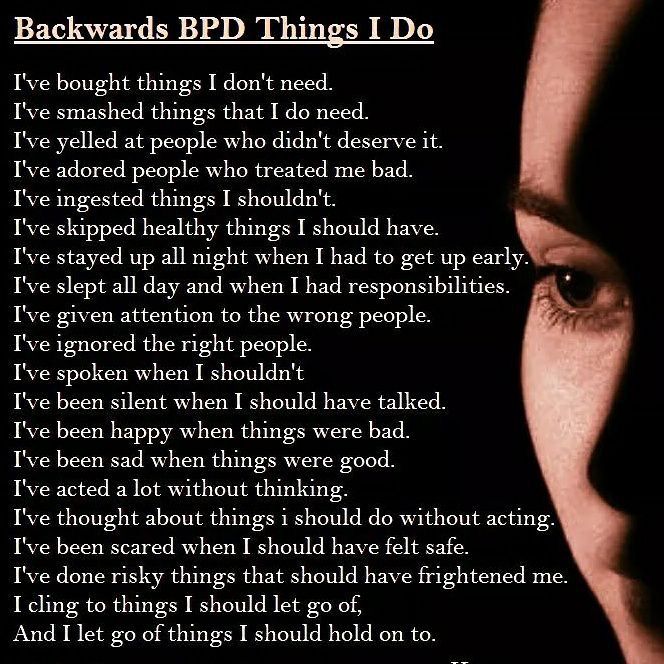 I usually reply, "I wish there was something I could say that would convince you that I do care."
I usually reply, "I wish there was something I could say that would convince you that I do care."
Another type of accusation is far more indirect and has a sneaky but ingenious trap hidden within it. Someone in Los Angeles, for example, might say, "Anyone who is willing to put up with this horrible smog and traffic is a moron." Assuming that you happen to live there as well, this statement in effect classifies you as a moron. If you agree with it, you are saying that you are one. Of course, if the person with BPD also lives in LA, he or she is also admitting to being a moron, so if you agree, you are insulting him or her as well. So what's the kernel of truth?
Are smog and traffic bad things? If you answer no to this question, I would have to question either your sanity or your sincerity. The counterstatement: "Yeah, aren't those things a b*tch?!"
Another example: (I work in Memphis) “Anyone who lives in Memphis is a racist!” Well, my friends, do you think there might-could be any racists in a city in the relatively deep South? (“Might-could:” my favorite Southernism I never heard until I moved here). One or two, maybe? Ya think? Answer: “Well, racism certainly is an issue here.”
One or two, maybe? Ya think? Answer: “Well, racism certainly is an issue here.”
Coming up in the next post in this series: BPD provocation #2, countering escalating demands on you to do more and more to make them feel better.
How to Defend Against False Accusations: A Personal Defense and 5 Guidelines to Protect The Truth
[Note: This post contains details about an undiagnosed case of borderline personality disorder (BPD). These details are included for informational purposes only, not to spread hate towards people with the illness.
If you or a loved one have been diagnosed with BPD, however, you may want to avoid this article.]
Guilty until proven innocent.
That’s the new norm these days.
Our current social climate has made it empowering to be a victim. And any abusers left standing must be exterminated—whether they’re guilty or not.
Please don’t think I’m downplaying the experience of actual victims though.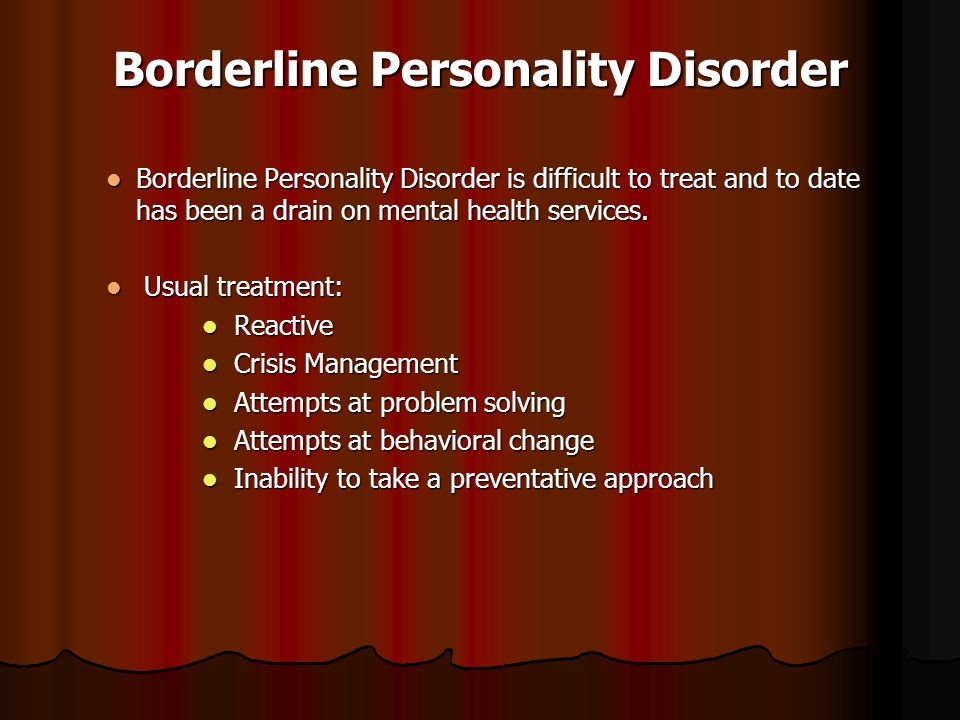
I know what it’s like to be among the lowest of society, and the struggle of real victims is part of the inspiration behind this site.
But the inconvenient truth is that all these “abusers” aren’t the monsters they’re made out to be.
Why do I say that you ask?
Because I’m one of them.
And this is my story.
The Accusation(s)
During my early twenties, I got involved with a girl who I later realized had borderline personality disorder (BPD).
I’ve already written about the experience and I’ve alluded to it multiple times since. So please read that article before this one if you haven’t already.
BPD is a serious mental illness, but most people have never heard of it, let alone know how to diagnose it.
If you’re not aware of how people with the disorder act, this post will come off as a rant against an innocent girl who liked me—which couldn’t be further from the truth.
But to summarize, the most notable symptom of BPD is the inability to regulate emotions. It’s a symptom so powerful that a sufferer’s feelings can define his or her reality. And this is what leads to many false accusations.
It’s a symptom so powerful that a sufferer’s feelings can define his or her reality. And this is what leads to many false accusations.
Manipulation, emotional abuse, cheating, promiscuity—she publicly accused me of all them.
It’s part of the process of “painting someone black.” The BPD person goes through cycles of both extreme love and hate for their loved one, but once the relationship ends, the other party is permanently devalued.
Just my luck.Of course this treatment is reserved for those in close relationships with the BPD sufferer. Outsiders will only see a victim pleading her case.
I’ve stayed quiet on these accusations so far since most of them don’t have any substance, but I unfortunately made one mistake that appears to give her claims some validity.
So I’m sure that she already has, or eventually will use this evidence against me. And if her false accusations were to gain traction, they would not only destroy my reputation, but also the legitimacy of the message I present on this site.
The latter is my primary reason for defense.
I’ve always said that the Bible is the basis for my moral judgment, and that couldn’t be more important than in sexual matters.
Now do I always control my lustful impulses and thoughts?
And do I always prevent myself from viewing images I shouldn’t see?
No.
I’m a Christian but I’m still a sinful human being. Controlling lust is part of the lifelong battle against sin in the Christian life.
But when it comes to things like fornication and adultery, I’ve held true to my stance on abstinence.
And as tough as it is to be a twenty-something with this stance in our sex-saturated world, it’s beyond frustrating to be accused of doing the complete opposite.
I’m an ambassador for what I believe. And I can’t allow anything on this site—faith-related or not—to be diminished because of one person’s claims.
So I’ll go into detail here about what really happened, and then I’ll show you how to defend against false accusations once and for all.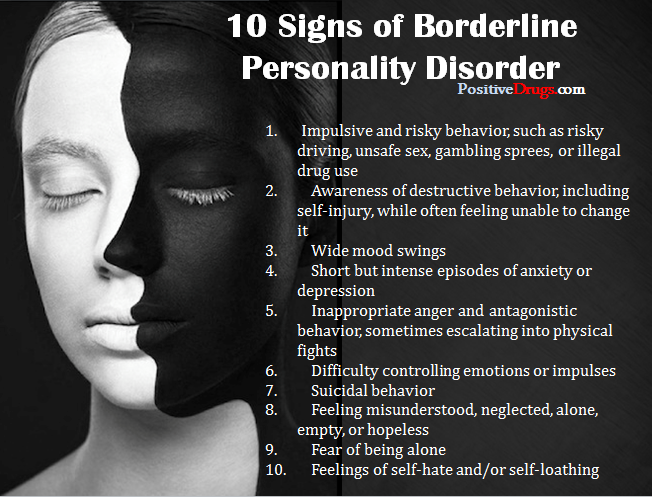
Drew “The Player”
I’ll preface my story with a little background information.
I was going into my last semester in college, and it had been about a year since I saw my accuser in person.
Things didn’t end well between me and her the last time we were “together.” But I was admittedly still interested in her—even with all the red flags.
It appeared that both of us were sad with the way the first go ‘round ended. So I foolishly tried to work something out with her before the semester started.
To my surprise, I was ignored and indirectly shot down.
How a normal girl would have reacted.It hurt pretty bad after putting myself out there for someone I thought still cared. But rejection is a part of life, so I moved on.
What’s crazy though, is that she changed her mind at some point afterwards. And even though I never got a direct response from her, she apparently assumed we were in a quasi-relationship.
Now fast forward to February.
It was the week of Valentine’s Day. And while I did still think of her, I wasn’t sending a Valentine’s Day anything to a girl who I didn’t trust, who now lived in a different state, and who couldn’t even respond to my direct communication.
And while I did still think of her, I wasn’t sending a Valentine’s Day anything to a girl who I didn’t trust, who now lived in a different state, and who couldn’t even respond to my direct communication.
The only reason I entertained the thought of us getting back together—if we were ever truly together in the first place—was because she hoovered me back in.
Hoovering is a term that describes actions similar to what its namesake, the Hoover vacuum does.
It’s a tactic people with personality disorders subconsciously use to suck loved ones back in after a failed relationship.
In this case, she used one of the social media apps we both had to convince me that she was open to a renewed relationship, and that she had changed for the better.
But at this point, I was just focused on schoolwork because I had no clue what this girl was thinking.
I had a senior project for an external company that took most of my time that semester.
My project group and I met just about every weekday. And at the time, we were all trying to meet a deadline coming up the next week.
And at the time, we were all trying to meet a deadline coming up the next week.
The day after Valentine’s Day, one of my teammates mentioned that we should go play trivia at a local bar. But being the introverted party-pooper I am, I declined.
My schedule involved waking at around 5:30 each day. My teammates were always out too late for my liking, and I knew I’d never make it back in time to get enough sleep if I went.
So I gave the whole, “Thanks, but no thanks” spiel even though I knew they wouldn’t let me off that easy.
Our team was a pretty tight group—especially for four people who were assigned to each other at random.
We had a ton of inside jokes by the end of the semester. And they were the first to tease me at graduation because my honor stole nearly fell as I walked across the stage.
So naturally, they all had a good laugh at me for not wanting to miss my bedtime.
So much evil activity…Of course it was all playful fun though.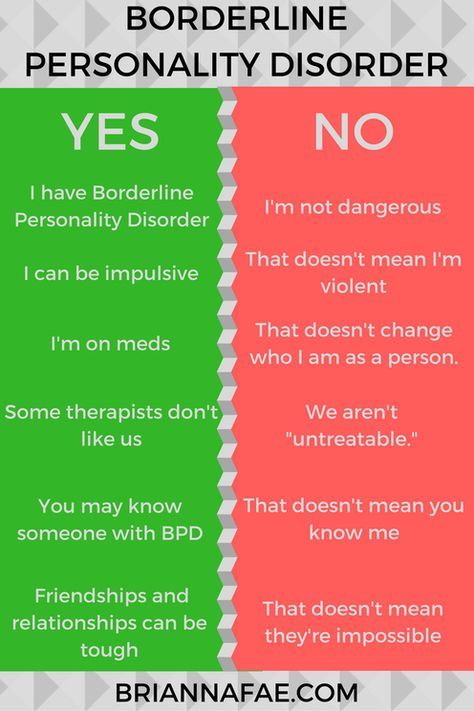 I did get back at them numerous times over the semester, but I’ll admit that I have an off-kilter personality that lends itself to being teased.
I did get back at them numerous times over the semester, but I’ll admit that I have an off-kilter personality that lends itself to being teased.
So anyway, we went our separate ways and I headed to bed.
The next day, I saw an email from the night before saying that I was invited to a school-specific social app. I didn’t see the email until the early morning though because I went to bed early.
I had never heard of the app before and I was skeptical. So my first thought after waking and reading the email was, “What the heck is (app name here)?”
My second thought was, “Who’s the funny guy who sent this?”
Now I knew it was someone who previously had my email address.
Of course any student could have pulled that info from the school’s directory, but I doubt anyone would have gone through the trouble of searching their class roster, finding me, and then using my email address for the sake of hitting me up on an app.
So it had to be someone with whom I worked with closely or had a personal relationship with.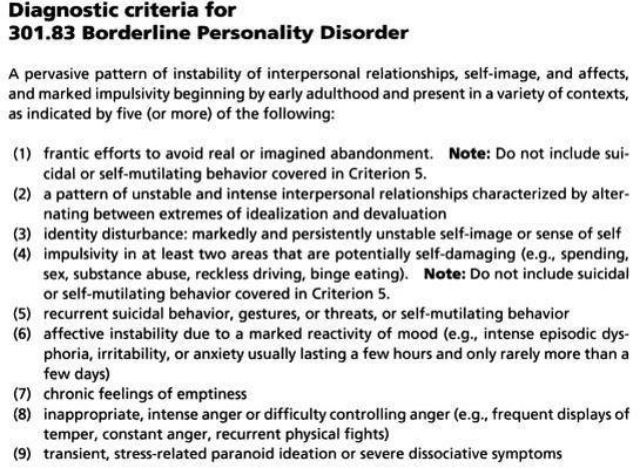
With these facts in mind, I falsely concluded that it was a prank from my teammate that the rest of the group was in on.
They had just gone out together the night before. And they always found a way to mess with me—even when I wasn’t around.
So just like any other time I felt I was being pranked, manipulated, or taken advantage of, I played along with the hope that the other party wouldn’t realize until it was too late (and this has been my M.O. since I was a kid).
But doing this, in hindsight, was a terrible idea.
Any form of participation on what I later realized was a hookup app would paint me in a bad light. And the consequences of my actions weren’t as clear at 5:30 in the morning.
Not my finest hour.After I made a quick profile—complete with pictures no man would ever use if he was truly seeking casual sex—I waited about 15 minutes for a response that never came.
Then after realizing how bad my actions could appear without context, I quickly deleted the app and went on with my day.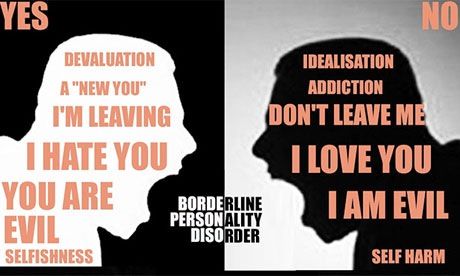
I’m not sure if I completely wiped the profile I created. But since the app was lesser-known and low key about its hookup aspect—it’s not like I signed on to Tinder—I figured this wouldn’t be a problem.
Outside of my own actions with the invite and the app though, I don’t know anything else. But there’s a chance that a troll profile made 10 minutes after I woke could end up biting me. And that’s why I’ve chosen to address it.
Now, I’m almost certain this invite was from my accuser. And I still kick myself for not recognizing the true source of the bait.
My actions gave her the apparent confirmation that I was “playing the field.” And within the week, she either started, or just made it obvious that she was sleeping with another guy to spite me—a wild and disproportionate response to the thought that your S.O. may be seeing someone else.
So once I confirmed that this actually happened, I ghosted her and all her drama, focused on my schoolwork (which led to my first 4. 0), and then went along with my life.
0), and then went along with my life.
People with BPD are notorious for doing stuff like this. It’s the reason why a popular book covering the illness is called Stop Walking On Eggshells (affiliate link):
- They’ll cry about a lack of communication but then ignore you when you reach out to them.
- They’ll go on about how lonely they are while sleeping with one of their (or even your) “friends” behind your back.
- They’ll say you’re too stupid to complete a task but discredit you when you do it, and then raise the bar higher so you won’t reach the new mark.
After a while you won’t know what to do because she’ll never be satisfied. And everyone else will chalk it up to you not knowing how to treat a woman.
No-win situations and constant testing are common to those in relationships with these people—especially in regards to anything sexual. So I presume the invite was a test to see if I was some dirtbag who would cheat on his partner.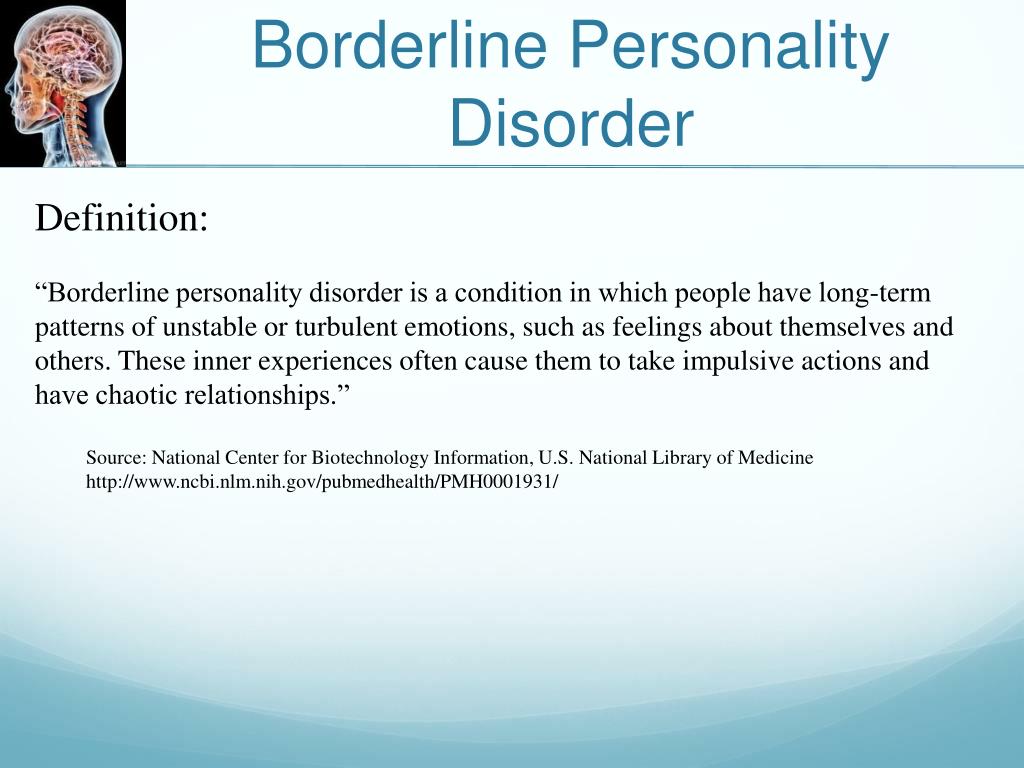
Now I’d hesitate to call it cheating either way since she ignored my attempts to directly communicate, and I had no idea what our relationship status was.
But the other “fact” she gathered was that I was a player who enjoyed casual sex (an assumption that would have driven a younger me mad with laughter).
Look, I understand that I don’t have a squeaky-clean Christian boy appearance—going through trials doesn’t purify the outside after all.
But that doesn’t mean I partake in the same activities those who look like me may be into. And it for sure doesn’t mean that my moral character is anything different than what I present on this site.
Of course it doesn’t help that I’m black either…but I won’t go down that road.
I should also note that I don’t have a personal Facebook or Instagram account. So it’s tough for others to know much about my life unless they read this site or talk to me or my loved ones personally.
This blank space makes me an easy target for accusations since I can be unknowingly attacked through mediums where I can’t defend myself. And there are no videos of me playing with my dog to fill the holes left by my “shady” lifestyle.
And there are no videos of me playing with my dog to fill the holes left by my “shady” lifestyle.
Usually this isn’t a problem as most of the people I meet don’t care about my online presence. But of course there’s always one person who assumes the worst case scenario. And it’s sad that in my case, this person was someone I genuinely liked before.
These obsessive behaviors were nothing new though:
- This same girl
criedsobbed in the middle of one of our classes—when we were both in our twenties mind you—because I didn’t initially return her interest. - She would go from spaced-out to depressed and then stare at me like it was my fault.
- She even accused me of cheating after seeing a pic my mom took of me when I was at dinner with my family.
So you can imagine the relief I felt when I closed the door on that for good.
A visual representation of the relationship.At this point, the only ones who still believe her lies—or to be fair to the illness she has, her reality—are people I’ve never met.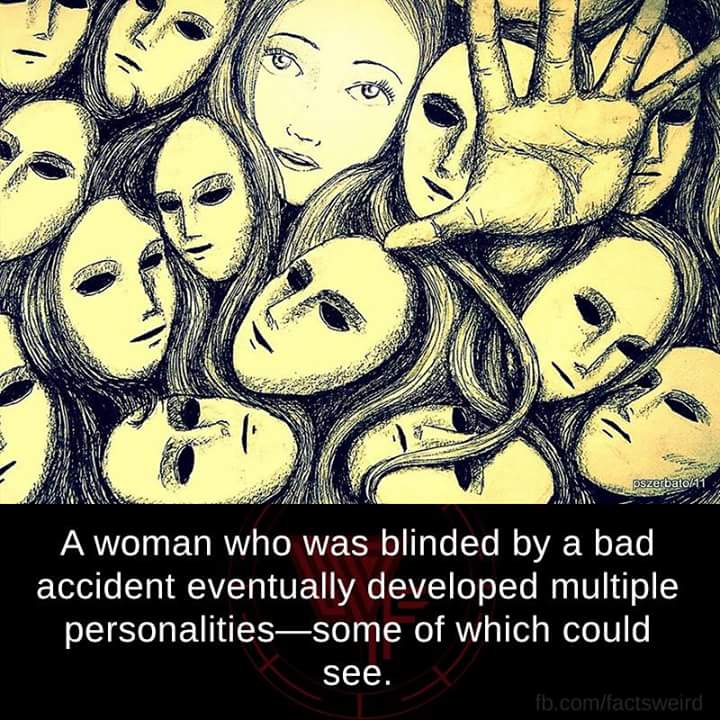
But I’m not even mad anymore. I’m just annoyed that my life is still negatively affected because I fell for the wrong girl.
And that, ladies and gentlemen, is the honest truth.
How to Craft Your Defense
So now that my story’s out of the way, how do you fight your own false accusations?
It’s not too difficult.
Just follow these 5 guidelines to protect yourself in both the present, and the future:
1) Remember the Alibi
As tempting as it is to piece together a story that makes you look like a saint, you have to ensure the truth you present is actually…well, true.
Since I couldn’t remember all this off the top of my head, I dug through my old emails and group conversations to get the timeline right. And I could always use them again if legal action was involved.
It also helps that I have an archive of posts here that clearly present my personality and the mistakes I’ve made.
You can even compare this post to the one I wrote on BPD earlier and you’ll see numerous similarities.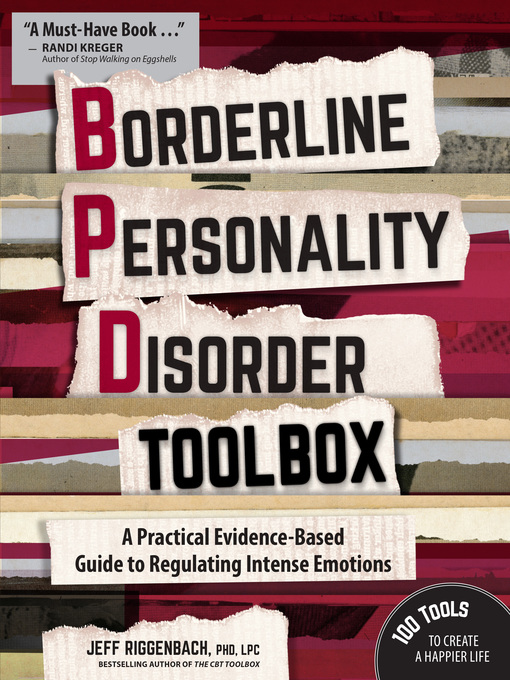 If anyone thought I was lying, they could search the other 40+ posts here too to see that the story adds up.
If anyone thought I was lying, they could search the other 40+ posts here too to see that the story adds up.
But if you don’t have thousands of words as supporting evidence, just take your time, breathe, and write down what happened as best as you remember.
A keyboard will work too.False accusations can cloud your memory when you first hear them, and your emotions will push for a raw defense. But if you start writing what you remember, you can put that passion to good use now, and update your writing later with more facts.
A story set in writing will be a great resource to have. You don’t want to lean on your memory or your speech when the pressure’s on.
If you write down what happened, you’ll also find other bits of evidence you’ll need to prepare your defense. And if your audience is really concerned with the truth, they’ll take all the info they can get.
2) Compare the Fruit
Perhaps the easiest way to expose the shakiness of false accusations is to note the shakiness of the accuser’s lifestyle.
This is by far my least favorite technique though since it appears to be an attack on character instead of the accusation itself. But understand that those two targets aren’t mutually exclusive.
A person who usually acts one way is almost certain to do it again.
And no, that fact isn’t judgmental. It’s simple probability.
This is going to sound like I’m bragging about my accomplishments and attacking her character, but let’s compare some notable points about my life and my accuser’s:
- I improved to at least a 3.5 GPA in my last four college semesters within a STEM major. But I’ll admit my accuser was booksmart, so we’re pretty much even there.
- I have never gotten blacked-out drunk (or even consumed alcohol). I have never taken an illegal substance. And I have never lived a promiscuous lifestyle. My accuser has done, and probably still does, all three.
- I landed a stable job in my field more than a month before I graduated, and I’m still employed there today.
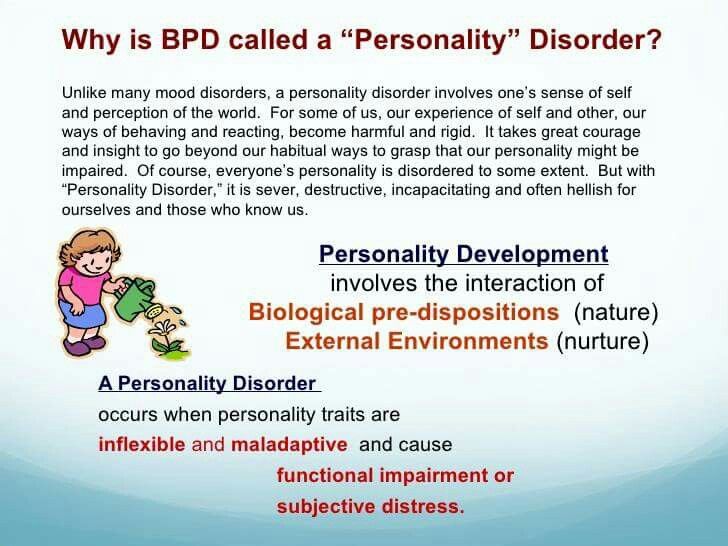 My accuser barely held a job as a bar server about a year after graduating with the same degree.
My accuser barely held a job as a bar server about a year after graduating with the same degree.
Again, I don’t like expressing my achievements, and I never want to attack anyone’s character. We all make mistakes, and I made one of the biggest mistakes any student ever will (which she contributed to by the way).
But when someone’s lifestyle displays a clear pattern of incompetence, recklessness, and mental instability, the validity of their claims also takes a hit.
And that’s without mentioning that I’ve written the equivalent of a book here at HFE—a site where I cover my own shortcomings just as much, if not more than my accomplishments—on my own time and dollar because I believe it will help others.
So knowing all this, let me ask you, who do you think is telling the truth?
A tree’s fruit always gives it away.
Know who you are and know who you’re dealing with so any other lies are dismissed as the jokes they are.
3) Change “I” to “We”
The most unfortunate thing about false accusations is that no one’s waiting to hear a verdict.
As soon as those words leave your accuser’s mouth, you will be facing much more than one person.
Friends, family, social circles, even whole communities may turn against you.
And what began as a defense against one liar becomes a battle against an entire army.
So what do you do when this multitude of warriors stands against you?
It’s simple.
You gather the troops.
Find people who can vouch for your story. Get help from friends who aren’t blinded by the lies. Ask people who were neutral bystanders to explain what happened since they’re not biased.
I know I can get anyone from former classmates, friends, and family members to acknowledge the truth of my claims.
And since I know the mental issues my accuser deals with, I can also refer to a psychologist or another mental health resource.
An understanding of my accuser’s mind is one of the best counters to her claims. Yes, she acts in unstable ways, but they’re predictably unstable, and numerous people have experience with the problem I have now.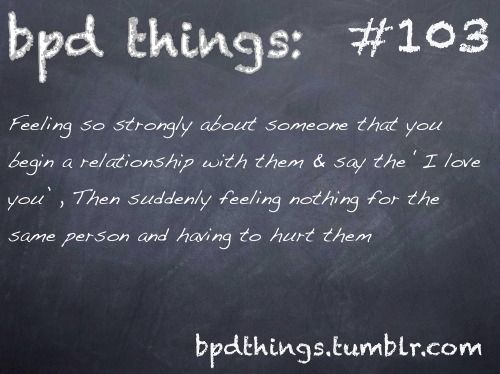
You shouldn’t be afraid to get professional help either.
Lawyer up if it’s serious enough.
Slander and libel are legit crimes. And if you can prove that your life is heavily impacted, especially financially, you may have a case.
So don’t go at this alone. You can bet your accuser isn’t.
4) Go One and Done
The biggest mistake people make when presenting any argument, defense, or reasoning is that they over-explain themselves.
Sure, you want to be as thorough as possible in your explanation, and you should reference points of that original argument to answer questions. But there’s no need to add to your stance or sate a mind that will never believe you.
If you’ve taken the necessary steps to present and defend the truth, you have to live with the results.
Learn to be comfortable with the fact that everyone won’t like, listen to, or believe you. Because the more you add to your original defense, the weaker it will appear.
You’ll also introduce more room for error. And it would be a shame for a memory lapse to cause an otherwise solid defense to fail.
And it would be a shame for a memory lapse to cause an otherwise solid defense to fail.
Remember that it’s only your job to present the truth. Not to make others believe it.
I’m confident that my defense removes any ammo my accuser has left. So now the only claims she can bring against me are accusations of neglect—which don’t matter since I’m not her parent—or causing hurt feelings—which isn’t a crime in America yet.
I presented the truth one time, and now there’s no need to address her claims again.
Every accusation doesn’t deserve a response. So stay true to what really happened, and let people think what they want afterwards.
5) Don’t Even Fake It
These accusations have made me realize the importance of the Bible’s command to, “Abstain from all appearance of evil.” (1 Thessalonians 5:22 KJV)
It’s not enough to just avoid evil acts. You have to avoid situations where you could possibly do them too.
For instance, plenty articles on false accusations describe how to protect yourself against false rape claims.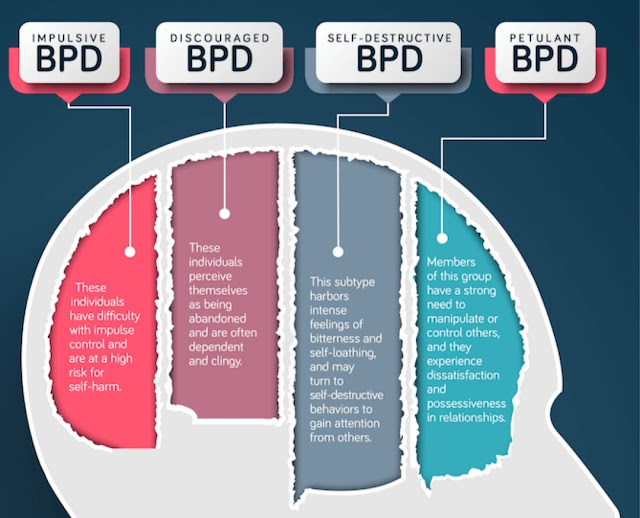 But if someone can accuse you of something like rape without an obvious fabrication, you are in over your head.
But if someone can accuse you of something like rape without an obvious fabrication, you are in over your head.
You can’t reach the point where a verdict is decided by a “yes” or “no.”
It’s one of the many reasons you shouldn’t sleep around in the first place. You are putting your life in the hands of someone who could easily change their mind in the morning. And you have to stay out of that gray area.
Remember to guard your character at all times. You never know when you’ll need to fall back on your integrity.
For example, I remember one conversation I had with a friend a few years back, and my accuser happened to be in the room.
My friend noticed that I received a few glances of interest from girls. So out of the blue he asked, “Drew, how many girls do you get?”
He chuckled while asking the question, so of course it wasn’t anything serious. He didn’t ask about anything explicitly sexual either.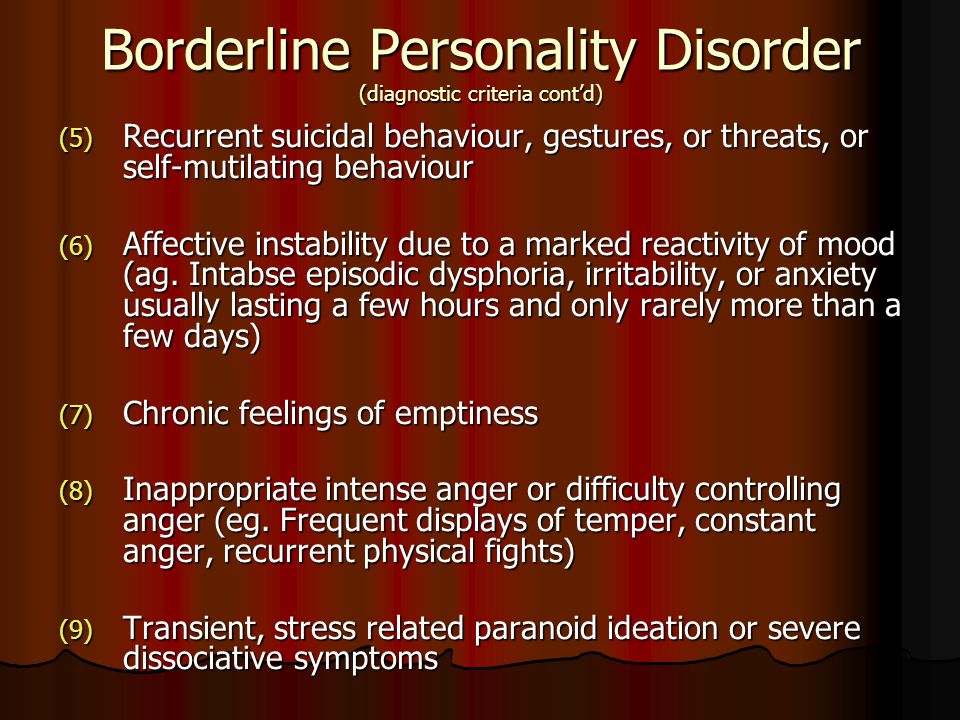
So being the joker I am, I said something along the lines of, “I don’t know. I lost count.”
Then the both of us laughed it off.
But there’s a chance my accuser heard those words and immediately assumed the worst.
It would have been ridiculous to say something like:
“I’m sorry sir, but I am a Bible-believing man of God who has accepted the challenge to live righteously. How dare you imply that I live such a heinous lifestyle?!”
So I had a quick laugh and moved off the subject.
But even this could have added to her claims. So now I try not to even joke about stuff like that—at least not when I’m around people who barely know me.
You should do the same. But don’t limit your efforts to watching your tongue:
- Always dress in a respectable manner.
- Avoid the crazy nighttime venues—they’re magnets for people like my accuser.
- And please don’t go to a hotel room belonging to a member of the opposite sex.
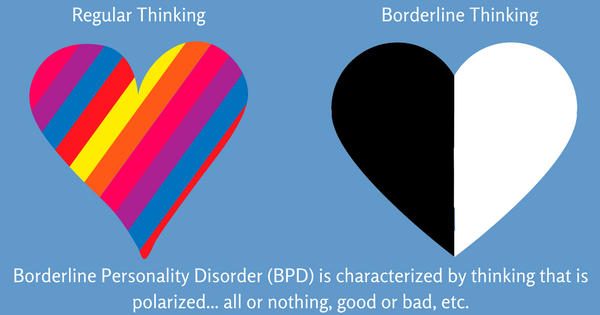
Presentation always matters.
Avoid the appearance of evil, and it’ll be impossible to even accuse you.
Grant Me That Chance
I’ve had enough headaches from my past relationship, and I’d rather not think about it anymore.
But it was important to defend myself here before any other false info leaked.
I hope none of it came across as too aggressive though. I wrote all of this to clear my name, not to get revenge.
From all I’ve seen, read, and now experienced, real victims don’t go out of their way to destroy their abuser’s life. They just want justice and a chance to finally move on.
So if anything else comes up about this, please remember this point and grant me that chance.
Contrary to what some people think, I don’t hate my accuser, and I hope she’s able to turn her life around.
If there was a normal version of her who didn’t have what she had, I’d love to meet her. But the ship has sailed on anything between me and the real her.
All I want now is peace and the freedom to live a good life. And I’m sure that’s all you want too.
So remember who you are, take a stand for the truth, and then defend it with your life.
And who knows? Someone else may come to your defense if you do.
-Drew
How to live with borderline personality disorder
Daria Batyrshina
lives with BPD
Author profile
I couldn't get a correct diagnosis for several years, and then it completely changed my life.
To describe borderline personality disorder, or BPD, the well-known saying of psychologist Marsha Linehan is perfect: “These people simply don't have 'emotional skin'. Even the slightest touch or movement can cause the most severe suffering.”
Share my path to getting the correct diagnosis, symptoms, and tips for dealing with people with BPD.
Go see a doctor
Our articles are written with love for evidence-based medicine.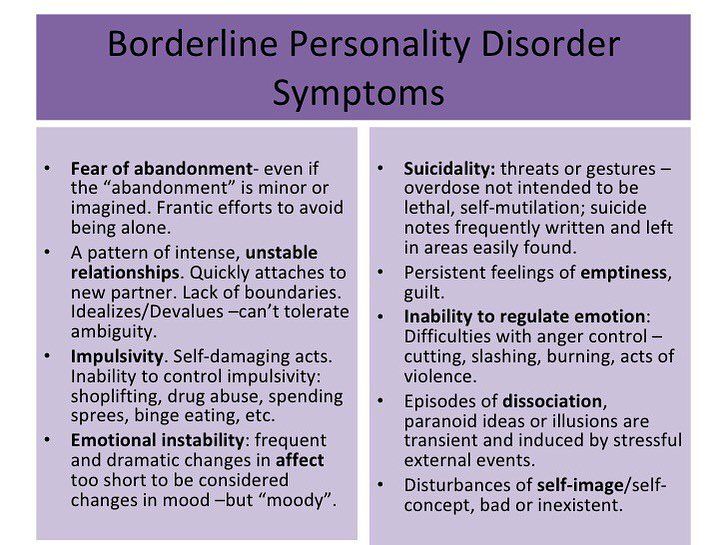 We refer to authoritative sources and go to doctors with a good reputation for comments. But remember: the responsibility for your health lies with you and your doctor. We don't write prescriptions, we make recommendations. Relying on our point of view or not is up to you.
We refer to authoritative sources and go to doctors with a good reputation for comments. But remember: the responsibility for your health lies with you and your doctor. We don't write prescriptions, we make recommendations. Relying on our point of view or not is up to you.
What is borderline personality disorder
Borderline personality disorder is characterized by permanent changes in mood, self-image and behavior. This can lead to problems in relationships with other people and impulsive actions of all kinds.
BPD - Mayo Clinic
BPD - National Institute of Mental Health, USA
In the International Classification of Diseases 10th Revision, or ICD-10, there is in fact no diagnosis of "borderline personality disorder", there is an emotionally unstable personality disorder, which two types: borderline and impulsive. In ICD-11, this is already a separate diagnosis, which is called borderline personality disorder.
The disorder has several main features.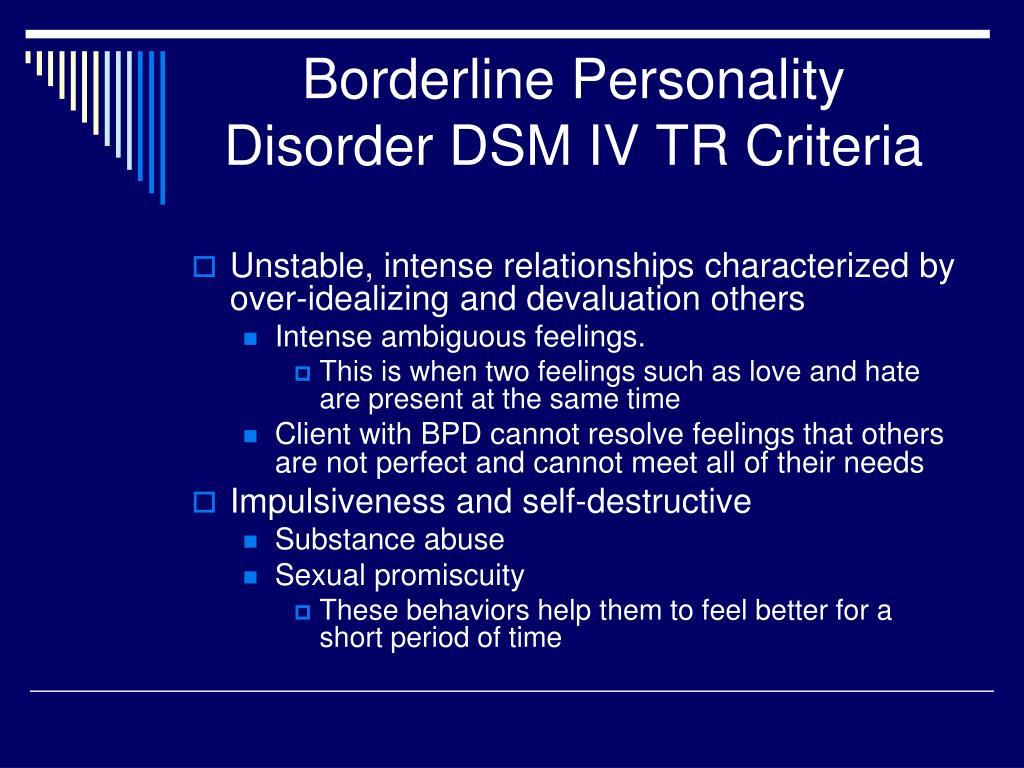
So what? 01/12/22
Transition to the new International Classification of Diseases has begun in Russia: what will change and when
Self-injurious and risky behavior. For example, a person may injure themselves or use psychoactive substances - borderline disorder increases the risk of developing various addictions.
Black and white thinking: it seems to a person that there can only be good and bad, there are no halftones.
Criteria for diagnosing BPD - Medscape
Problems with self-esteem. People with this disorder are overly sensitive to the opinions of others, enter into dependent relationships, have a strong fear of being alone, and may take desperate actions to keep a loved one or get their attention.
The manifestations of borderline personality disorder are similar to those of adolescence: outbursts of anger, mood swings, aloofness, so this diagnosis is made after 18 years.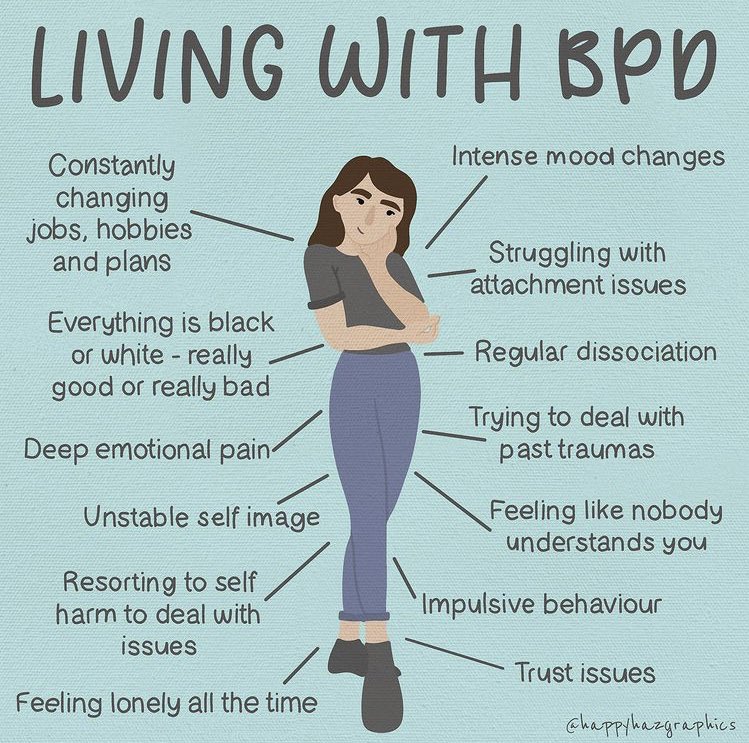
What are the symptoms of borderline personality disorder
Alexey Pribytkov
psychotherapist, psychiatrist, Ph.D. It happened.
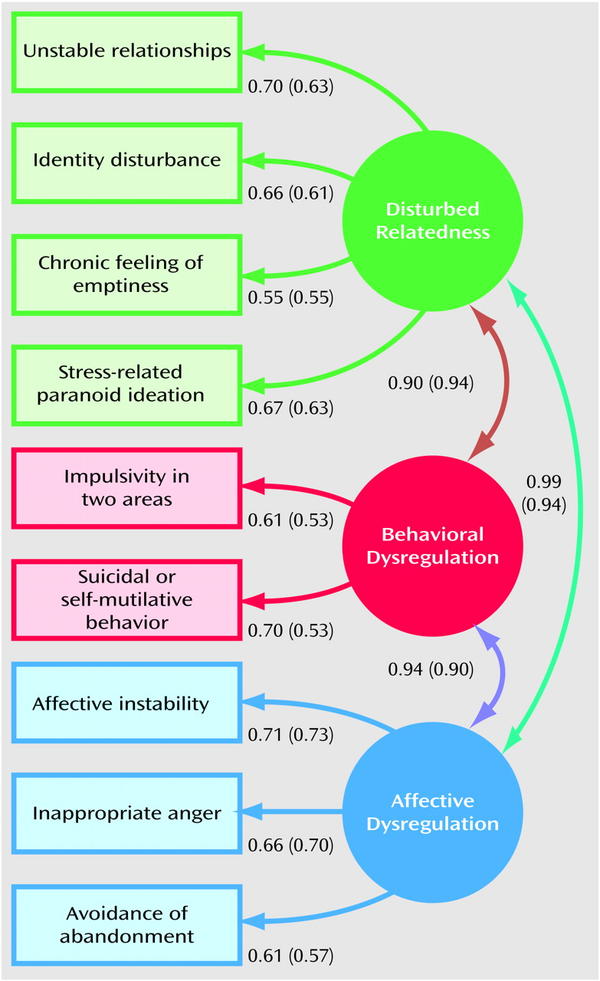 For example, the partner did not respond to the message.
For example, the partner did not respond to the message. Why borderline personality disorder develops
Why borderline personality disorder develops is not exactly known.
NHS
Biological factors. There is evidence that the development of personality disorders, including BPD, may depend on genetic factors.
BPD may also be associated with changes in some parts of the brain responsible for controlling emotions. Its development can be affected by disturbances in the functioning of the system of neurotransmitters - compounds with the help of which brain neurons communicate with each other, in particular serotonin.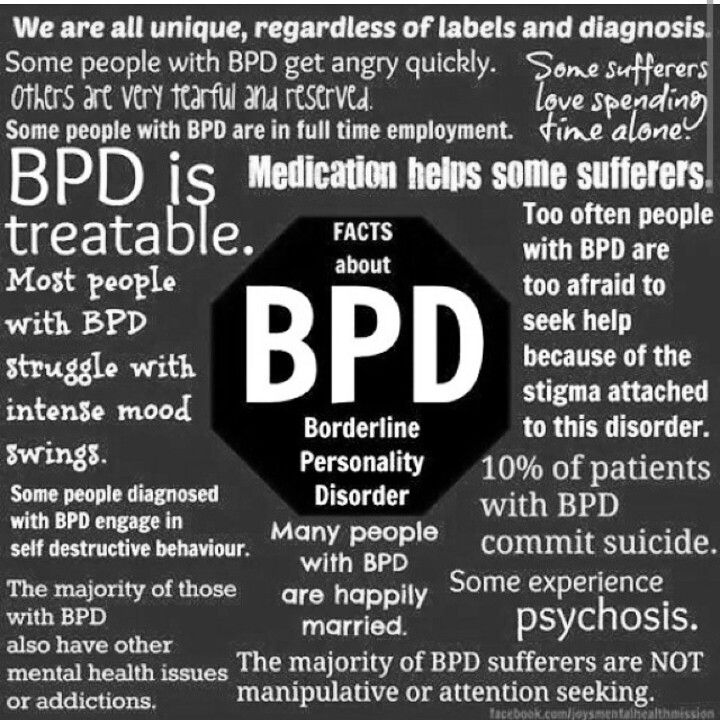
Social factors. For example, unstable relationships with significant adults, lack of love in childhood, neglect by parents, loss of a loved one.
Emotional or physical abuse, as well as intense fear experienced in childhood, greatly increase the risk of any psychological problems. In this case, BPD can be combined with another diagnosis - post-traumatic stress disorder, or PTSD. It is manifested by constant frightening memories of a traumatic event and increased anxiety. The more unstable the environment around and the more traumatized the child, the more likely it is to get PTSD.
How I treated depression and anxiety for several years
I first saw a doctor almost eight years ago. I had an eating disorder - it often accompanies BPD, but I didn't know about it yet.
My gastroenterologist at some point realized that my constant pains in the abdomen were most likely connected not with physical problems, but with mental ones. My mother took me to a government clinic, where I came across incompetent doctors.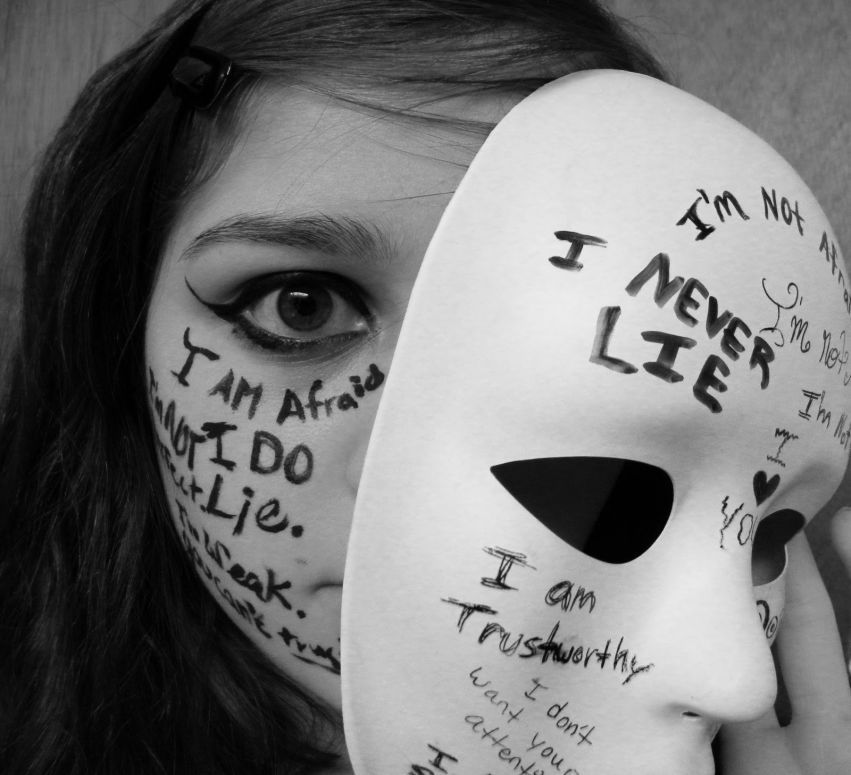
/eating-disorders/
How to cure eating disorders
The psychiatrist said that I have anorexia, I look terrible and I won't be able to find a partner because "men don't throw bones." Then I realized that it was not worth waiting for help from him.
I dealt with eating disorders myself, having gone through all the stages from anorexia to bulimia and compulsive overeating in two years. After solving the problem with food, depression came. Here, I couldn't manage on my own.
My days were similar to each other: constant fatigue, apathy, I didn’t even have enough strength to eat and brush my teeth, and there was only fog in my head and no thoughts. My circle of contacts narrowed greatly, because those around me saw only aggression or received no answers at all. So several years passed, then I realized that I needed help.
On the Profi-ru website, I found a psychologist who lived next to me. Then I did not yet know how psychiatrists differ from psychologists and psychotherapists, so I did not receive the necessary help.
/psychotherapy-search/
How to choose a psychotherapist
Psychologists usually do not work with mental disorders, besides, in the sessions I just told what was bothering me, there was no other support. Sometimes I couldn't find words and we just kept silent.
I went to the specialist for about a month and paid 1300 R for each meeting. In total, we held nine meetings. The only thing I got was the fog left my head. Despite my condition and the fact that the psychologist could not do anything about it, she persuaded me to stay in therapy. She said that it helps, although I did not feel any relief.
11,700 R
I spent on a psychologist who did not help me
As a result, I did not want to spend more money on myself and lost confidence in doctors. Then I learned that in Moscow you can get free psychological help at the Moscow Service for Psychological Assistance to the Population.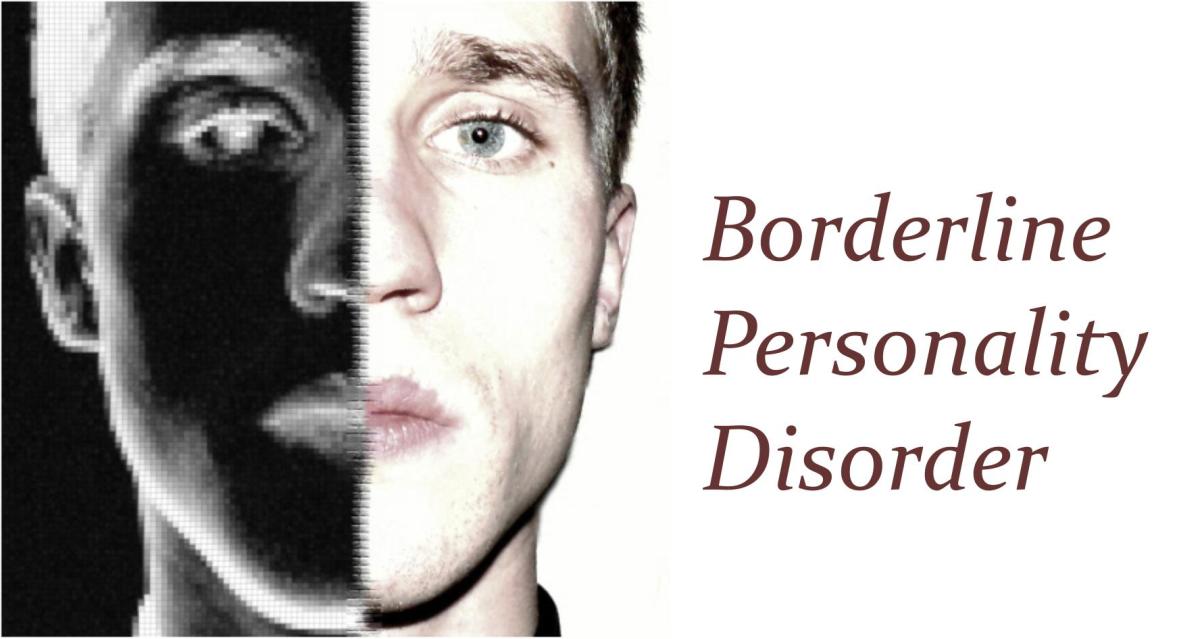
Moscow Service for Psychological Assistance to the Population
I had to wait there for an appointment, but I had nowhere to hurry. About six months later, I was able to get to a psychologist. I told her what worries me - at that time they were symptoms of depression and apathy. She immediately said that I should talk to a psychotherapist, and I made an appointment with another specialist in the same clinic.
The psychotherapist referred me to a psychiatrist, suggesting several doctors she trusts. She said that I most likely had depression and needed medication. Psychiatrists are not accepted at MSPPN, so I went to a private clinic, where I had to pay 4000 R for an appointment.
The amount of free assistance in the ISPP is limited, but it is enough to get started. Source: MSPPN A psychiatrist at a private clinic diagnosed me with depression, prescribed an antidepressant and a tranquilizer. I was lucky that my doctor saw not only in a private clinic, but also in a state one, so I went to all subsequent appointments for free.
The second time I managed to find the right medicines. We fixed the changes not only with the help of conversations. The psychiatric clinic had a simulator on a computer, where the patient was asked to pass several tests: attentiveness, reaction speed, the ability to distinguish faces, and much more. I took tests at intervals of about once a month.
This testing is not necessarily and does not always reflect the effectiveness of the treatment, but I liked that the results got better every time. At that time, about 1,500 R per month was spent on medicines.
/list/antidepressant-myths/
8 myths about antidepressants
During the same period, I tried cognitive behavioral therapy. In a year I started and quit three times, nothing worked out for me. The mood diary was empty, because I do not distinguish between emotions, the diary of situations that concern me and their analysis, too. I did not understand why this or that situation became important to me.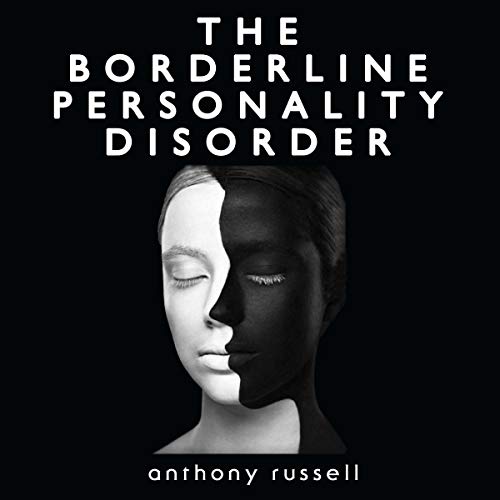 In total, I had five meetings with a psychotherapist, the cost of one was 3000 R.
In total, I had five meetings with a psychotherapist, the cost of one was 3000 R.
At that time, the doctor and I did not yet know that I had more than just depression with panic attacks and anxiety, so we did not follow my emotions and feelings much, which is important in BPD.
At some point, I abruptly stopped taking the prescribed pills and coped with the withdrawal syndrome for another week. I refused the pills, because it seemed that I could manage without them, besides, they helped for a short time, then everything started all over again.
/panic attack/
How to cope with a panic attack: recommendations from a psychotherapist
A month or two after the withdrawal, I felt fine and even started to exercise. Then anxiety and depression symptoms returned, I suffered for a few more months and went to a new doctor.
Over the next one and a half to two years, I changed three doctors in one private clinic, I was prescribed different types of medicines in different combinations and dosages. Primary appointments cost 4000-5000 R, repeated - 2400 R. I went to psychiatrists once a month to control my condition. I bought medicines either generics or original ones, they spent about 2000-3000 R per month.
Primary appointments cost 4000-5000 R, repeated - 2400 R. I went to psychiatrists once a month to control my condition. I bought medicines either generics or original ones, they spent about 2000-3000 R per month.
The pills made me feel better for a short time, about a month. During this period, I was already diagnosed with "emotional personality disorder", but they did not tell me about it. I later found out from the medical record, which I requested before changing the clinic.
At the same time, I also turned to Gestalt therapy for help - this is one of the areas of psychotherapy aimed at developing self-awareness. For me, the sessions were an opportunity to cry, acknowledge problems, and receive support. For three months, I called a psychologist every two weeks. One session cost 2000 R.
107,100 R
I spent on specialists before I was given the correct diagnosis
I spent on treatment before the correct diagnosis was made 177,100 R
| Expenses | |
|---|---|
| Medicines in the last two years of treatment | 55 000 R |
| Regular visits to psychiatrists | 50 400 R |
| Drugs in the first year of treatment | 15 000 R |
| Cognitive behavioral therapy, 5 sessions | 15 000 R |
| Three initial appointments with the following psychiatrists | 14 000 R |
| Gestalt therapy sessions, 6 sessions | 12 000 R |
| Psychologist sessions with "Profi-ru" | 11 700 Р |
| First psychiatrist appointment | 4000 R |
Medicines in the last two years of treatment
55 000 R
Regular visit to psychiatrists
50 400 R
Medicines in the first year of treatment
15 000 R
Cognitive-behavioral therapy, 5 sessions
15 000 P
Three initial appointments with the following psychiatrists
14,000 R
Gestalt therapy sessions, 6 sessions
12,000 R
Psychologist sessions with Profi-ru
R 11,7000002 Appointment of the first psychiatrist
4000 Р
How borderline personality disorder is diagnosed
Alexey Pribytkov
psychotherapist, psychiatrist, candidate of medical sciences
There are no specific studies in psychiatry that would help to make a diagnosis.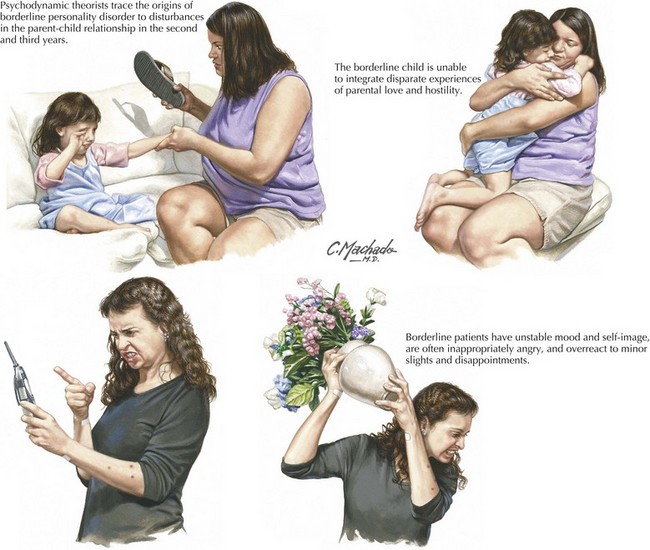 In the first place is always the clinical picture, that is, manifestations of mental disorders.
In the first place is always the clinical picture, that is, manifestations of mental disorders.
There is an interesting story with borderline personality disorder in Russia. We still use the International Classification of Diseases of the 10th revision, where in fact there is no such diagnosis, which means that for a long time it was out of sight of psychiatrists. But the absence of a diagnosis in the classification does not mean the absence of violations, because more than 30 years have passed since the adoption of the ICD-10 - it was adopted by WHO in 1990 - and the understanding of mental disorders during this period has noticeably changed.
Now many modern doctors are guided by other criteria when making a diagnosis. They are most clearly formulated in the American classification of psychiatric disorders DSM-5. Similar criteria are used in ICD-11, which is adopted by WHO and should come into force in Russia in 2024.
The nine criteria that are specific to BPD are listed above.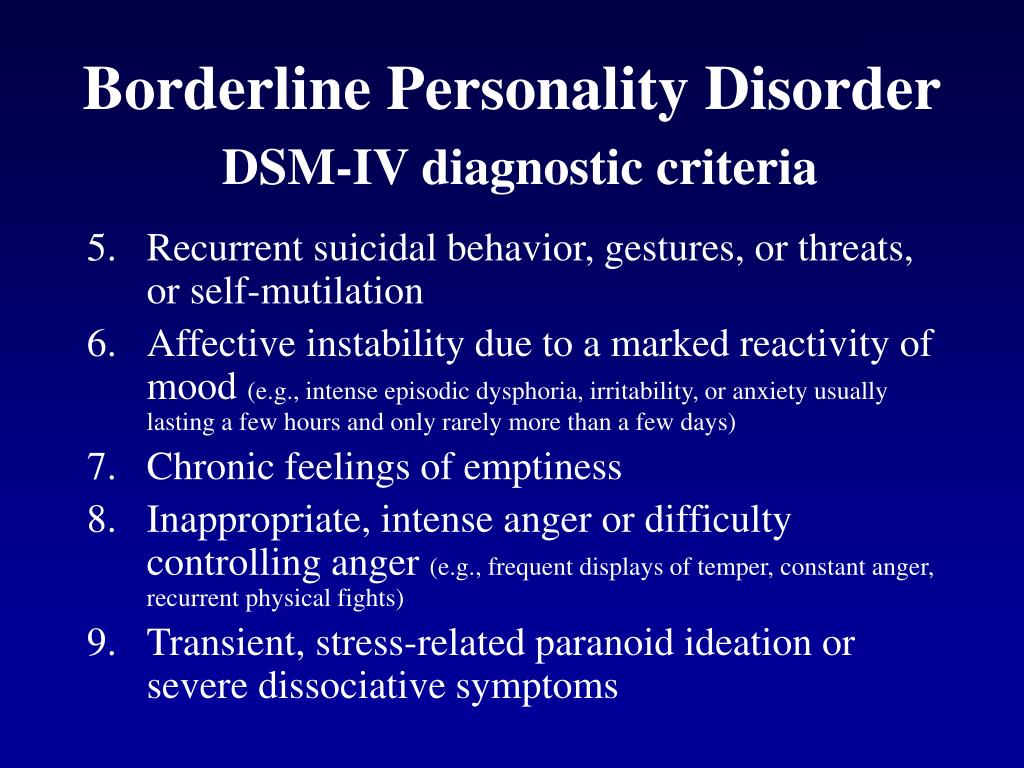 The task of the psychiatrist is to identify them during a conversation with the patient. The basis for the diagnosis of "borderline personality disorder" is the presence of at least five of the nine criteria.
The task of the psychiatrist is to identify them during a conversation with the patient. The basis for the diagnosis of "borderline personality disorder" is the presence of at least five of the nine criteria.
How I was correctly diagnosed and treated
After many unsuccessful attempts at treatment, I decided to change doctors again and went to a new psychiatrist at another clinic. The first appointment there cost 7,000 R, and repeated appointments cost 6,000 R.
The drug treatment was corrected for me. And with the final diagnosis, they rushed between bipolar affective disorder, or BAD, and borderline personality disorder.
/bipolarnoe-rasstroystvo/
How much does it cost to treat bipolar affective disorder
They are similar in symptoms. BAD also occurs with alternating periods of depression and high spirits, but they are usually long and can last several months.
In BPD, periods of different moods change over several hours, less often over several days, that is, the mood is constantly unstable. Moreover, these two disorders can occur simultaneously in one person.
Moreover, these two disorders can occur simultaneously in one person.
As a result, the psychiatrist diagnosed me with borderline personality disorder. Now, once every one and a half to two months, I go to him to monitor the condition.
Since that time, I began to go to schema therapy - this is a therapy focused on making a person change their behavior patterns. I go to a psychotherapist every week, one session costs 6000 R. I feel that it helps me.
BPD - MSD Handbook
My maladaptive patterns of behavior that my therapist and I identified at our first meeting. In the lower left corner are the schemes to be achieved It is difficult to treat BPD. My doctors never know in what condition I will come to them and whether I will come at all. Meetings are held online from time to time. I am often late, I call specialists from different places: it can be a park or my workplace, a stop on the street or someone else's apartment, a noisy highway or a food court. Sometimes I don't want to see my doctor because it seems that he is wrong about everything.
I used to feel disgusted and decided that I needed another doctor: I abruptly go from idealizing a person to hating him. For this reason, many doctors refuse patients with borderline disorder. In addition, people with BPD tend to discount their own problems, so many may not seek help for a long time.
/list/antidepressant-facts/
10 things to know before taking antidepressants
Over the years, I have developed several rules for choosing a doctor for myself:
- At the reception, they listen to me attentively.
- Everything that I consider important is important to a doctor. He should not wave his hand and say that there is no point in talking about something.
- The doctor speaks honestly about the diagnosis, does not hide anything, describes the treatment regimens.
- I am informed about the drug I will be taking. They explain exactly how it works, why it was prescribed, what side effects.
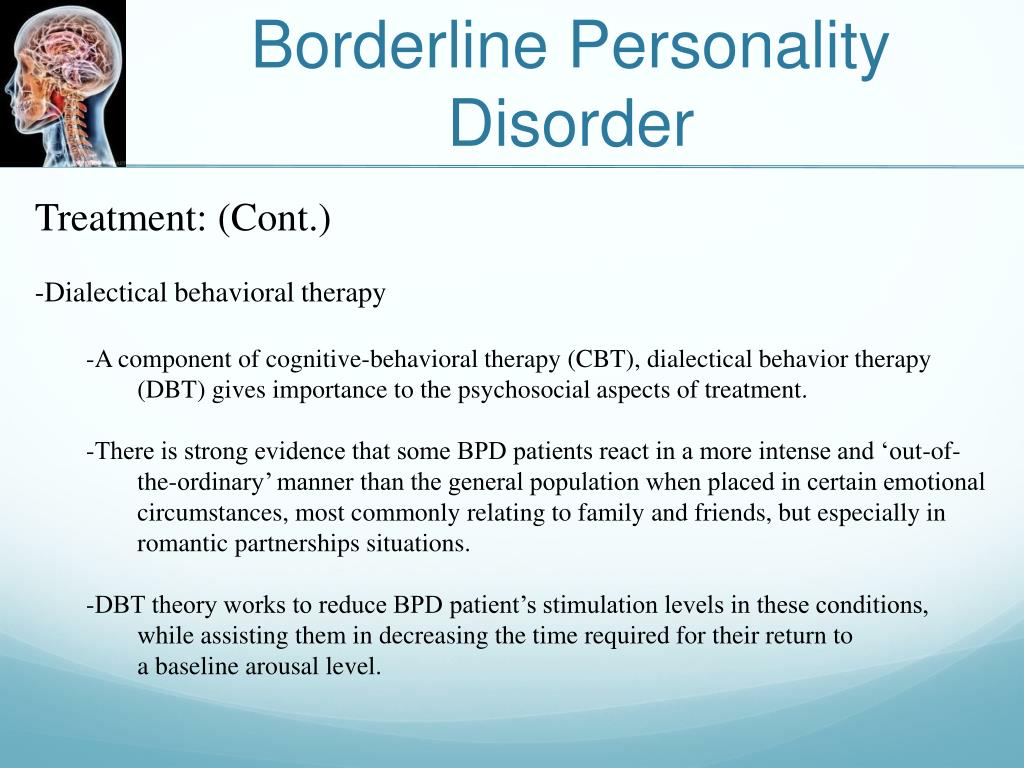
- If I don't like something, I change doctors.
Unfortunately, there are no rules that help fight mood swings. I try to turn to the facts at such moments and tell the doctors how I feel. Psychiatrists, as a rule, treat the frequent change of doctor normally. I have never faced condemnation.
One of the latest treatment regimens My prescriptions for drugs, there are a lot of them due to different dosagesHow borderline personality disorder is treated
Alexey Pribytkov
psychotherapist, psychiatrist, PhD in medicine
The main method of treating borderline personality disorder is psychotherapy. It is necessary to achieve a stable result. Medications only alleviate some of the symptoms of the disorder.
Dialectical Behavioral Therapy, or DBT, has the most evidence of effectiveness in treating BPD. Other directions can be applied: schema therapy, transference focused therapy - TFP.
However, medications are also prescribed for most BPD patients.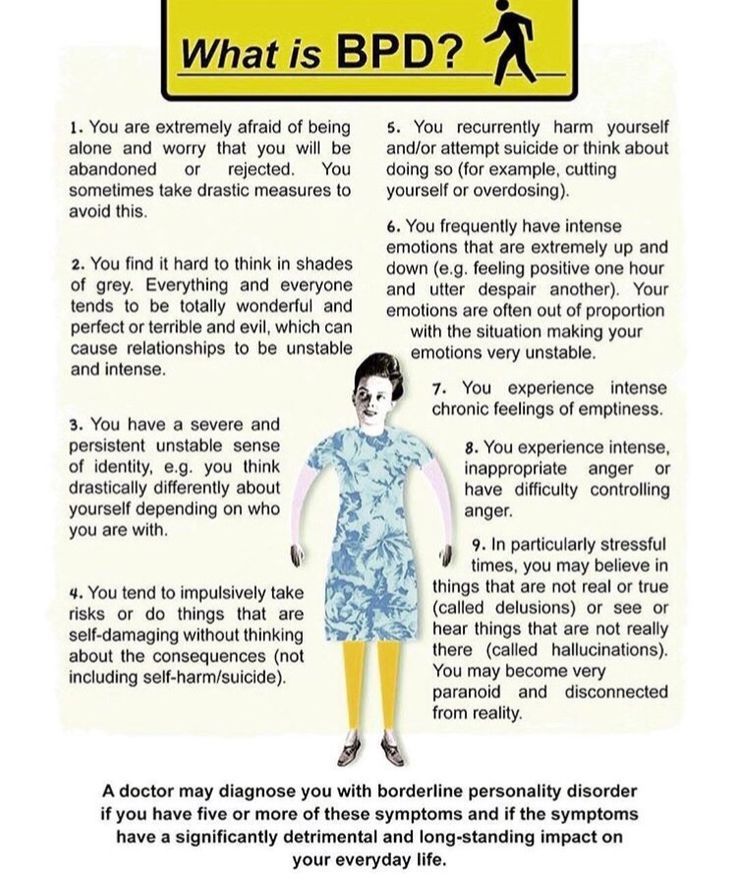 Three groups of drugs are usually used:
Three groups of drugs are usually used:
- Mood stabilizers, or mood stabilizers, are drugs that smooth out emotional fluctuations and help maintain an even mood.
- Antidepressants - they help reduce the severity of emotional instability. BPD often accompanies depressive and anxiety disorders, obsessive-compulsive disorder - antidepressants are also used to treat them.
- Antipsychotics, or second generation antipsychotics, are prescribed in low doses to correct impulsivity and aggression.
The choice of treatment regimen depends on the symptoms of the individual patient. Drug therapy usually lasts at least a year, more often several years.
How do I deal with borderline personality disorder
Insomnia. I have suffered from sleep problems since childhood. I tried everything: from hot milk at night to being very tired during the day.
Unfortunately, I don't have a universal solution to this problem. I only save myself with pills: psychiatrists prescribed tranquilizers for sleep, now I have an antidepressant with a strong sedative effect - or I just don’t sleep.
I only save myself with pills: psychiatrists prescribed tranquilizers for sleep, now I have an antidepressant with a strong sedative effect - or I just don’t sleep.
/insomnia/
How to deal with insomnia
Anxiety and panic attacks. It often overtakes unexpectedly and at the most calm moments. Just talking to a friend, I can start twitching my leg, nervously breaking my nails, scratching my skin with my nails, or sticking to my phone. This is also manifested by a rapid heartbeat, trembling in the body, a desire to move, and strong fear.
To get rid of this feeling, I knit, switch to TV series, listen to meditation practices, start moving more, turn to metaphorical associative cards or Tarot. Metaphorical associative cards are cards with pictures that you can interpret based on your experience.
I use cards when my anxiety is about the future. I am extremely afraid of uncertainty, and this is a chance to decide at least a little, albeit somewhat irrational.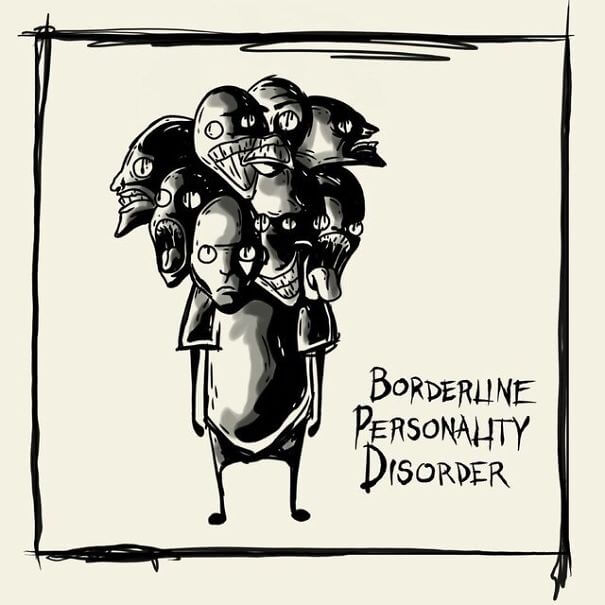
Feeling alone and abandoned. Feels like an unfilled hole in the chest. At such moments, I am sure that I have no one to turn to, no one will help. The feeling that I am alone in the whole world.
Saves background noise such as a movie or TV series. I also have three cats that periodically ask for attention, and I am no longer alone. During periods when I feel very lonely, my friends help, who, if they cannot come, then at least call or write.
Sometimes, in order to feel that I am not alone, I look for meetings with different men. I tend to dive into the person who gives me attention, as if I'm trying to close the inner "hole". If I don’t get enough attention, then I show aggression, and subsequently I change the “victim”. I'm trying to deal with this with the help of psychotherapy.
Mood swings, anger and aggression. In an hour I can experience a huge range of emotions, it is very tiring.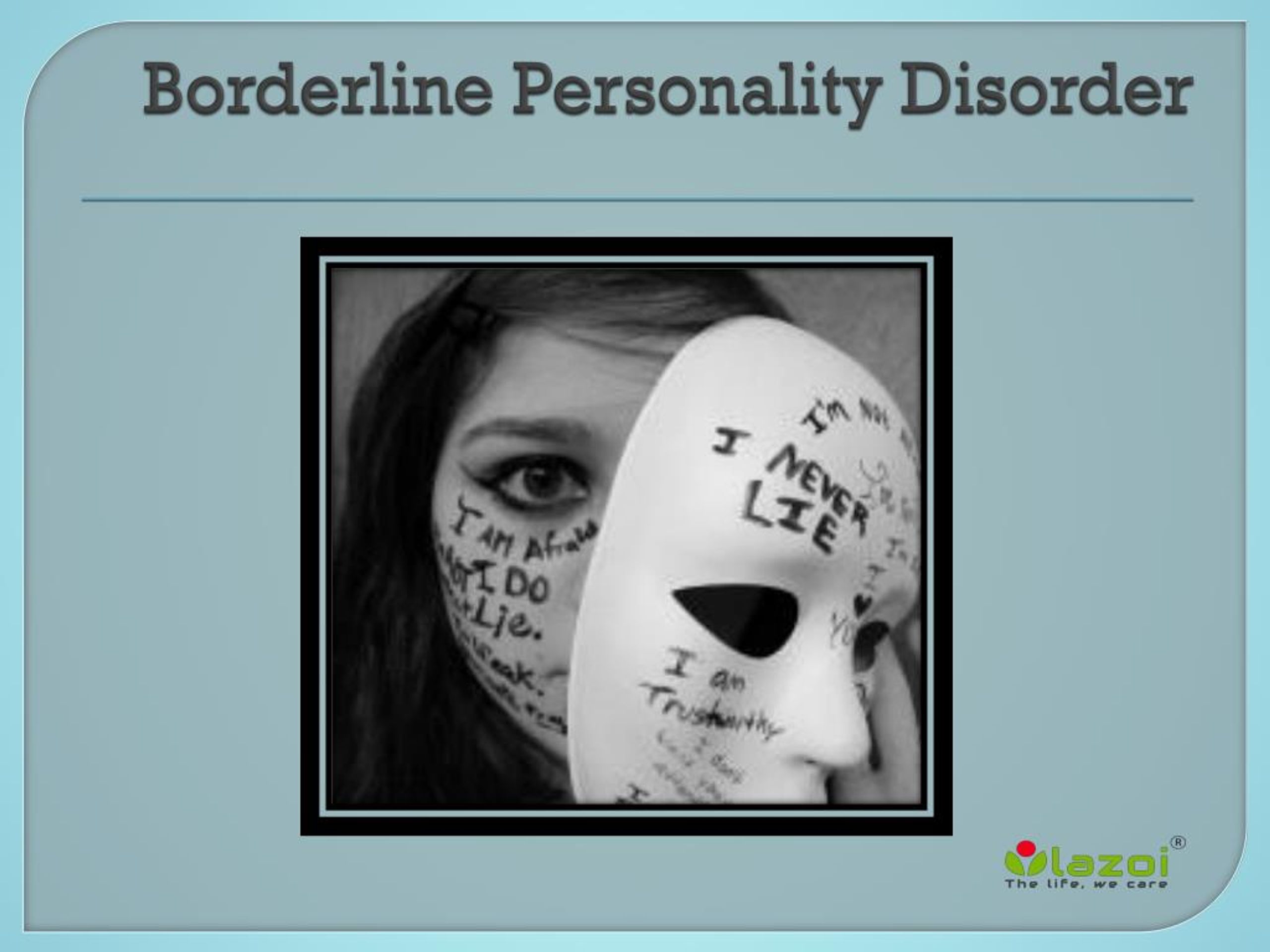 Moreover, anything can become a trigger: an incorrect statement on the part of the interlocutor, just an action that seemed wrong to me, or an opinion that is the opposite of mine. I can be aggressive even to banal questions about my well-being.
Moreover, anything can become a trigger: an incorrect statement on the part of the interlocutor, just an action that seemed wrong to me, or an opinion that is the opposite of mine. I can be aggressive even to banal questions about my well-being.
I try to warn people about the peculiarities of my behavior, I leave the dialogue if I feel that I am jumping into aggression, I try to distract myself. My psychotherapist advises to live through aggression and give it a way out: tear a sheet of paper, go in for sports, beat a pillow, shout.
/list/psychotherapevt/
10 important questions for psychotherapist Sergey Divisenko
Changes in interests, hobbies and desires. I don't have one hobby, they are constantly changing. I can't say what my favorite movie or music is. Because today I like one thing, and tomorrow I'm already interested in absolutely polar things. I never know in advance what awaits me the next day.
Suicidal thoughts and destructive behavior. For the first time I thought about suicide at the age of 14. Then these thoughts haunted me throughout my life. Somehow I lived with a gas leak in my apartment for several months, knowing full well about it. I drown my negative emotions in alcohol. I used to cut myself, but then I replaced this ritual with getting tattoos on my body.
Such thoughts are difficult to deal with. Medication, mindfulness and constant support from a psychotherapist help a little. I also sometimes go outside in the cold or take a shower: it's sobering.
Unstable self-esteem. I need a permanent evaluation from the outside. I doubt whether I am doing the right job, whether I look right if I do not receive feedback from people. Every mistake is a tragedy for me, but from praise I can feel capable of anything. I can spend weeks thinking that I did some wrong action, although it did not suffer consequences.
To cope with this, I try to compliment myself, remind myself what I'm doing and why, and look at the results of my work.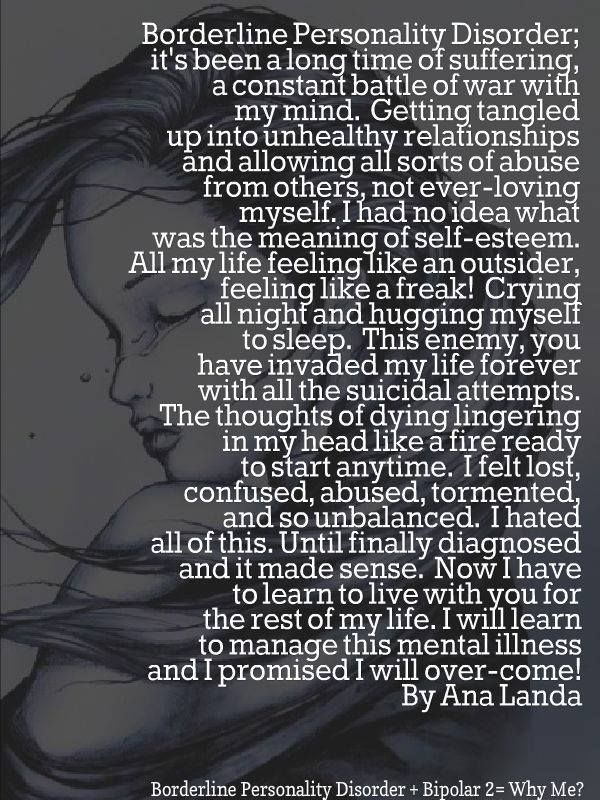 This does not always work, but here you need to take small steps and learn to focus on your feelings, and not just on others.
This does not always work, but here you need to take small steps and learn to focus on your feelings, and not just on others.
11 types of psychotherapy that work
Communication difficulties. I'm thrown from love to hate. I often conflict and change because of this place of work. In no relationship have I lasted more than a few months, and communication with friends is reduced to a couple of meetings a year. If I feel that I may be rejected or denied something, then I do it first to avoid emotions.
Everything that happens is always a disaster: vivid emotions, strong feelings of guilt. If I feel like I'm getting less attention, I'm hysterical. I immediately feel abandoned and abandoned. Considering my peculiarities of behavior, I always try to warn friends and relatives about my condition and tell how not to run into even more negativity.
How to better communicate with people who have borderline disorder
As with many people with BPD, the SET-UP method works well for me.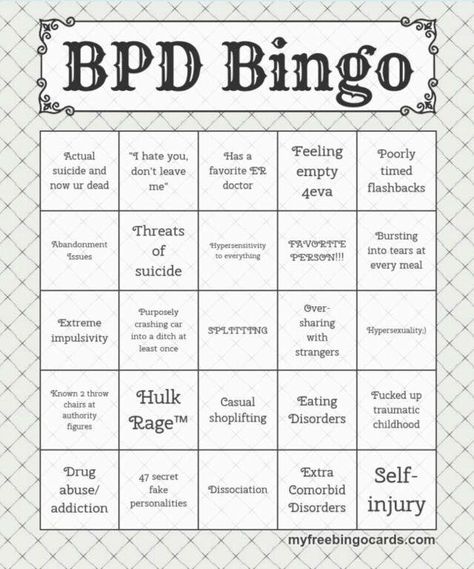 There is about him in the book “I hate you, just don’t leave me. Borderline Personalities and How to Understand Them by Kreisman and Strauss.
There is about him in the book “I hate you, just don’t leave me. Borderline Personalities and How to Understand Them by Kreisman and Strauss.
6 useful services for finding a psychotherapist
SET stands for support, empathy, truth - support, sympathy, truth.
It is important that none of the parts can be thrown out of this communication triangle, otherwise the person with BPD will go into conflict or stop communication altogether:
- Support should be expressed in the form of concern in the first person: “I worry about how you are you feel." The main thing is to express your own feelings and sensations.
- Sympathy: "You must be feeling upset." It is important to validate the feelings of the person with BPD. Don't try to show pity or talk about how you feel the same way. Most likely, this is not the case. And the phrase "I know how bad you feel" will only cause ridicule and anger.
- Truth: you need to rely on the facts about the situation and not go into accusations.
 For example: “You quit, you have enough money for a couple of months. I can help by preparing your resume, and you will look for a new job.”
For example: “You quit, you have enough money for a couple of months. I can help by preparing your resume, and you will look for a new job.”
UP is understanding, perseverance, or understanding and perseverance. These are goals that both participants must achieve.
A person with BPD must become aware of the causes of his actions and their consequences. Understand that he influences his life and can change it. He needs perseverance in order not to give up treatment, because any changes are difficult.
For those close to a person with BPD, understanding is the recognition of a person's feelings and emotions. That is, the acceptance that negative statements and aggression are behavioral features. They need perseverance in order to continue communicating with a person with borderline disorder, not to stop reminding him of his readiness to help, to sober him up and help him find the true cause of events, rely on facts, and not let him focus only on emotions.
/shizofreniya/
How much does it cost to support a relative with a mental disorder
Communication with a person with BPD is always stressful, so people around need to take more care of themselves. It will take a lot of patience and strength to withstand sudden mood swings and maintain relationships.
The main thing is to understand that it is not your fault and you cannot influence BPD. However, if you remain in a stable state and support a person with a disorder, he will eventually cease to see his relatives as a potential threat, which means that there will be fewer outbreaks of aggression.
There is a resource center "Borderline Personality Disorder" in Russia. It is designed for Muscovites, but on the site you can find personal stories of people with BPD, literature on the topic and features of this disorder.
How much does it cost to treat borderline personality disorder? The psychotherapist told me that we would manage in a year.

I need to visit a psychotherapist every week, an appointment costs 6,000 R. In addition, every one and a half to two months I visit a psychiatrist, whose appointment also costs 6,000 R.
/prl/
How much does borderline personality disorder treatment cost? Since I have severe depressive episodes, I need to take pills for a long time: from the moment my condition becomes stable on the background of psychotherapy, it is another 6-12 months.
Now about 2000 R per month is spent on drugs. I often change pills, so the cost is approximate.
Drug treatment can remove symptoms that interfere with a normal life, and with the help of a course of psychotherapy, it will be possible to go into remission and significantly improve the quality of life. Relapses are extremely rare and are associated with affective states.
I spend 372,000 R per year for the treatment of borderline disorder
| Treatment | Expenses |
|---|---|
| Weekly psychotherapist visit | 312 000 R |
| Psychiatric visit every 2 months | 36 000 R |
| Medicines | 24 000 R |
Visiting a psychotherapist every week
312 000 R
Visit a psychiatrist once every 2 months
36 000 000 000 000 2 24 000 24 000 R
Is it possible to cure a border personality disorder
Aleksey Profitkov
0003
psychotherapist, psychiatrist, MD
We cannot completely eliminate the symptoms of borderline personality disorder.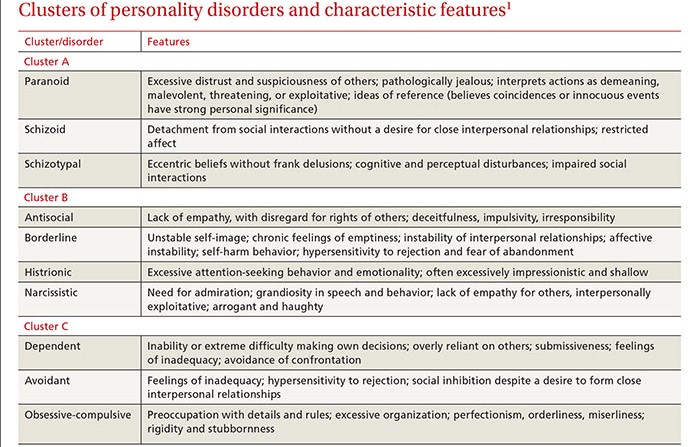 However, its manifestations can be smoothed out: pronounced negative traits can be corrected, some stability achieved, and social adaptation improved.
However, its manifestations can be smoothed out: pronounced negative traits can be corrected, some stability achieved, and social adaptation improved.
At the same time, the essence of personality cannot be changed, the characteristics of a person are preserved. In fact, the task of treatment is not to completely eliminate these features, but to teach a person to live with them, to clearly understand and manage them.
Remember
- Borderline personality disorder is characterized by unstable mood, fluctuations in self-esteem, dependency on the opinions of others, and an acute fear of being alone.
- The risk of developing BPD is increased by genetic factors, stress and violence in childhood, and poor attitude towards the child by significant adults.
- Borderline personality disorder is usually treated with psychotherapy, but medications may also be needed to relieve some of the symptoms and make life easier.
- It is difficult for close people to communicate with a person with BPD, you need a lot of patience to maintain a relationship.

- With the help of a course of psychotherapy, it can be possible to go into remission and significantly improve the quality of life.
Borderline personality disorder signs and symptoms • Psychologist Yaroslav Isaikin
According to the Diagnostic and Statistical Manual of Mental Disorders
According to DSM-V, the signs of borderline personality disorder include severe instability in interpersonal relationships, self-image, emotional instability, and pronounced impulsiveness.
All signs of the disorder begin at a young age and appear in a variety of situations.
Diagnosis requires five (or more) of the following in addition to the general criteria for a personality disorder:
- A tendency to exert excessive effort to avoid a real or imagined fate being abandoned . Note: Do not include suicidal behavior and acts of self-harm described in Criterion 5.
- Tendency to engage in intense, tense and unstable relationships characterized by alternation of extremes - idealization and devaluation.

- Identity disorder: noticeable and persistent instability of the image or feeling of the self.
- Impulsivity in at least two areas that involve self-harm (eg, spending money, sexual behavior, substance abuse, traffic violations, habitual overeating). Note: Do not include suicidal behavior and acts of self-harm described in Criterion 5.
- Recurrent suicidal behavior, hints or threats of suicide, acts of self-harm .
- Affective instability, very changeable mood (for example, periods of intense dysphoria, irritability or anxiety, usually lasting for several hours and only occasionally for several days or more).
- Constantly experienced feeling of emptiness .
- Inappropriate manifestations of intense anger or difficulty controlling anger (eg, frequent irritability, persistent anger, repeated fights).
- Transient stress-induced paranoid ideas or severe dissociative symptoms
Behavioral patterns in Borderline Personality Disorder (Marsha M. Linehan)
Linehan)
- Emotional Vulnerability - significant difficulty in regulating negative emotions, including high sensitivity to negative emotional stimuli and slow return to normal emotional state and a sense of their own emotional vulnerability. May include a tendency to blame the social environment for unrealistic expectations and demands.
- Self-invalidation – tendency to ignore or deny, not to recognize one's own emotional reactions, thoughts, ideas and behavior. Unrealistically high standards and expectations are being set. May include intense shame, self-hatred, and self-directed anger.
- Ongoing crisis – model of frequent stressful, negative environmental events, disruptions and obstacles, some of which arise as a result of an individual's dysfunctional lifestyle, inadequate social environment or random circumstances.
- Repressed feelings - Tendency to suppress and over control negative emotional reactions - especially those associated with grief and loss, including sadness, anger, guilt, shame, anxiety and panic.

- Active passivity - a tendency to a passive style of solving interpersonal problems, including the inability to actively overcome the difficulties of life, often in combination with vigorous attempts to involve members of one's environment in solving one's own problems; learned helplessness is the lack of motivation for an individual to respond by action in situations where there is a real opportunity to improve the situation.
- Perceived competence - the tendency of an individual to appear more competent than he actually is; usually explained by the inability to generalize the characteristics of mood, situation and time; also the inability to demonstrate adequate non-verbal signals of emotional distress.
Pass the probability test for BPD
Clinical Rating Scale for Borderline Personality Disorder (Dmitry Romanov)
Allows the diagnosis of BPD based on signs that are easily identified through an appropriate question asked to the patient by a doctor (features 2-13), as well as based on the assessment of the patient's behavior during the interview (sign 15). Confident diagnosis of BPD is carried out when registering a total score of 12 points or more.
Confident diagnosis of BPD is carried out when registering a total score of 12 points or more.
1. Female
Most studies indicate that BPD is more common in females. Recent studies of BPD demonstrate the predominance of females compared to males by almost 2 times (Wang L., Ross C. A., Zhang T., Dai Y., Xiao, Z., 2012). In addition, women with BPD seek specialized help more often than men, which, in particular, is due to gender differences in social rules of behavior.
2. Presence of a situation of violence in childhood and adolescence
Often referred to as an anamnestic sign associated by researchers with such pathogenic links in BPD as stress-induced pathology of the pituitary-hypothalamus-adrenal axis (Goldberg D., 2010)
one and parents, etc.)
A frequently observed anamnestic sign of BPD is associated with the subsequent formation of gender identity disorders in patients (Kernberg O.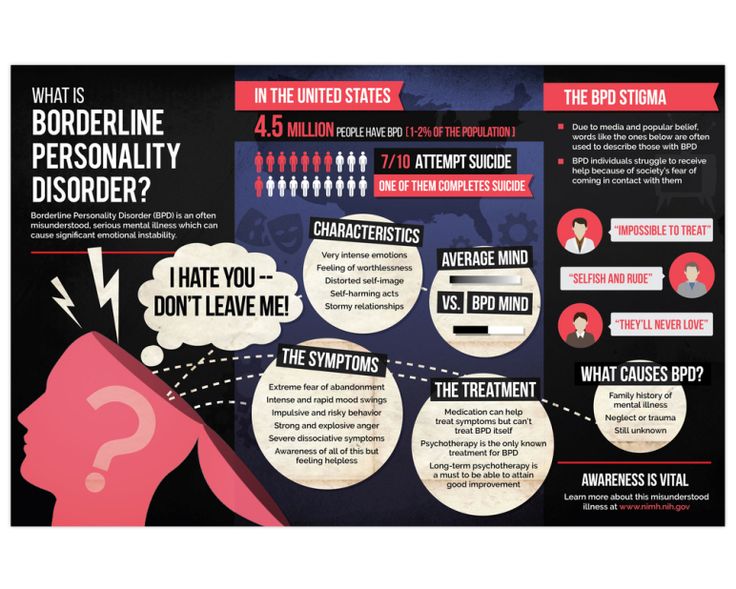 , 1975)
, 1975)
4. Hostility towards one of the parents
5. Early separation (for example, early marriage, leaving the parental home after reaching the age of majority)
due to the existing defect of formation, they are incapable of complete separation and often experience hostile feelings towards the parent, with whom separation problems are associated, as well as towards the marriage partner. Patients are characterized by an overvalued desire to free themselves from the control of significant persons (McWilliams N., 1994)
7. History of self-harm/suicide
Almost all researchers call this diagnostic feature as an obligate criterion for BPD (Lainen M., 2008). Clinical diagnostic criterion DSM-V
8. History of at least one episode of brutal aggressive behavior (attack, destruction of things)
Behavioral equivalent of the DSM diagnostic criterion 5
consequences
An extremely high association of BPD and substance use disorders has been shown, reaching 73% (B. Grant et al., 2008)
Grant et al., 2008)
Frequently noted by investigators BPD
11. More than one marriage (including common-law marriage)
Associated with the inability of patients with BPD to establish long-term relationships based on trust (see related DSM diagnostic criterion 5)
12. History of at least one depressive episode
The most common mental disorder associated with BPD (Scodol A. E., 2008).
13. Presence of at least one of the following: revelry, risky driving, promiscuity, bulimia, shopping, gambling
DSM-V diagnostic criterion. The phenomena of chronic impulsivity are noted as obligate signs of BPD by most researchers.
14. Complaints about mood swings within one day
DSM-V diagnostic criterion. Reported as an obligate sign of BPD by most researchers
15. Manifestations of emotional inadequacy during the interview (pronounced idealization, manipulation of the doctor, involvement of a third party)
At the first meeting with a patient suffering from BPD, a psychiatrist may note intense and the patient shows in relation to the doctor.